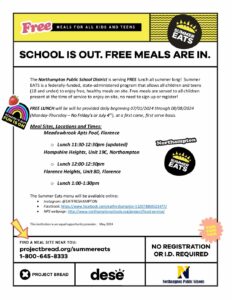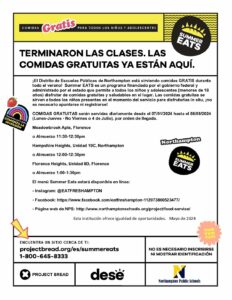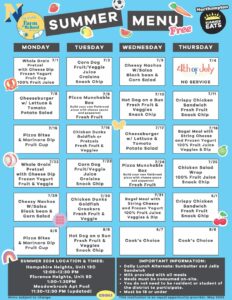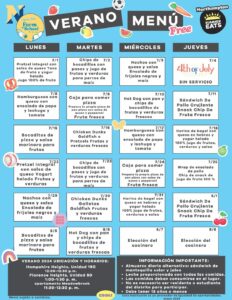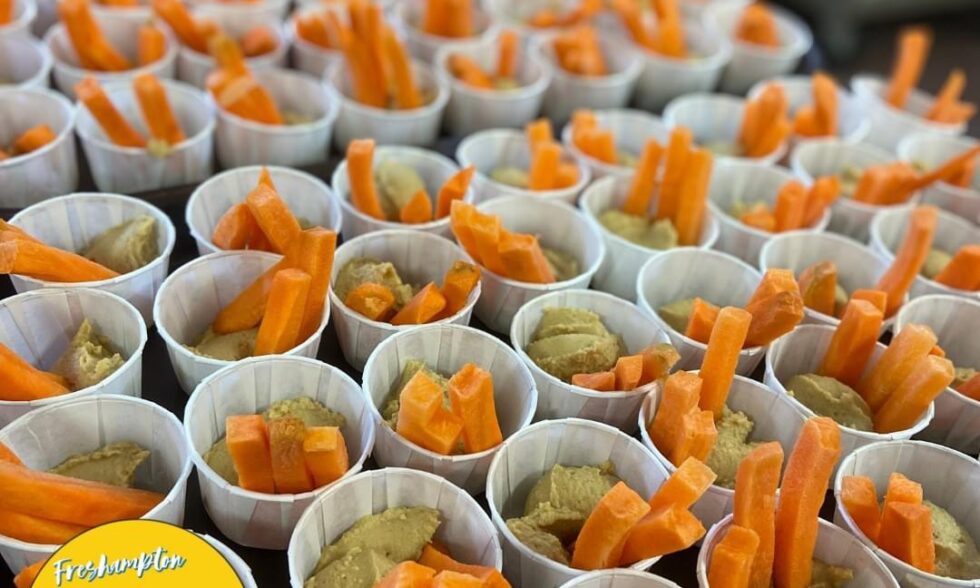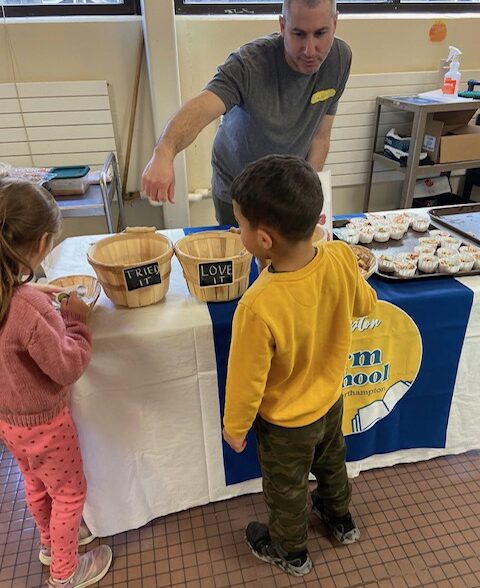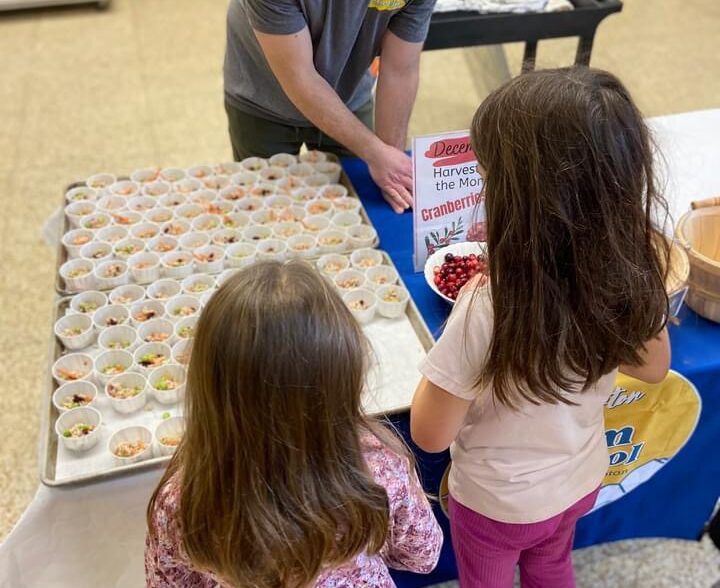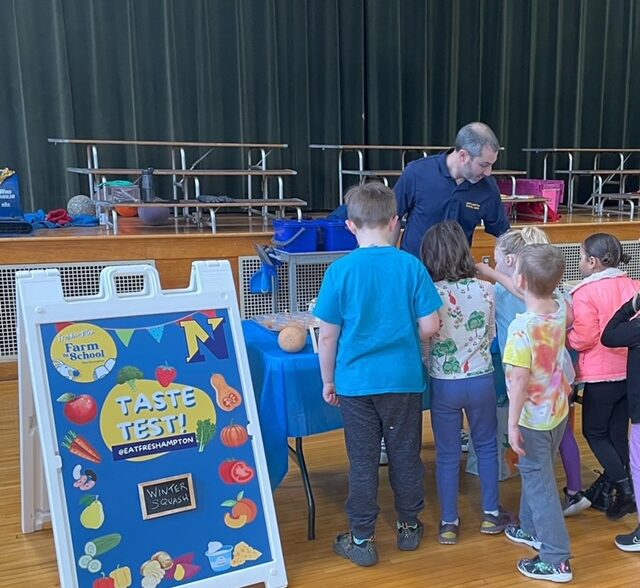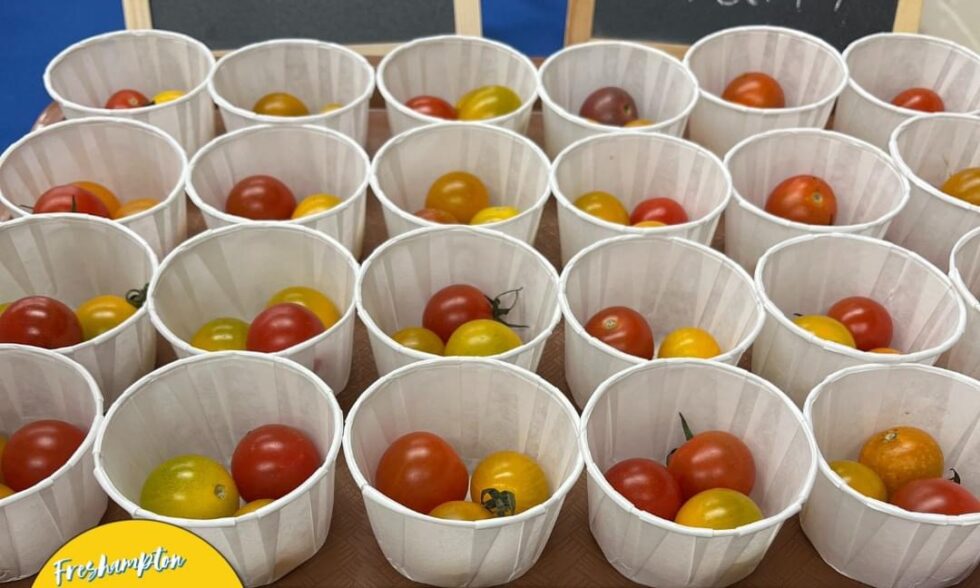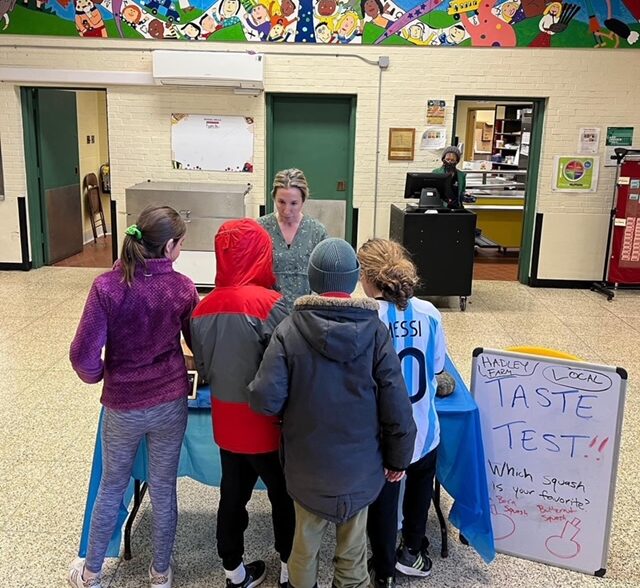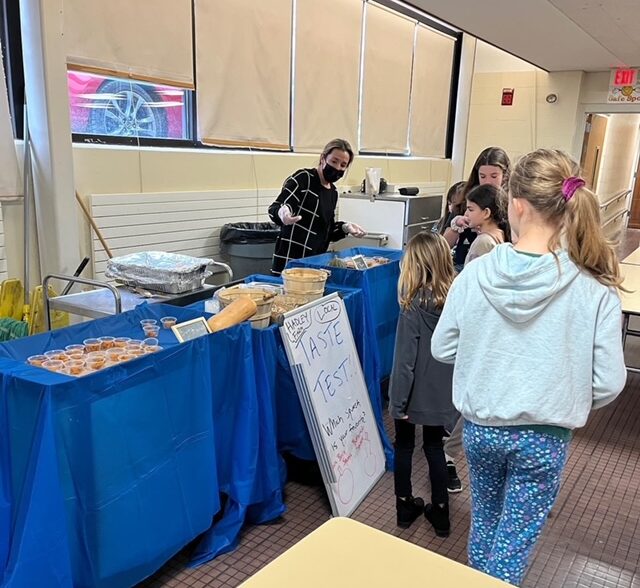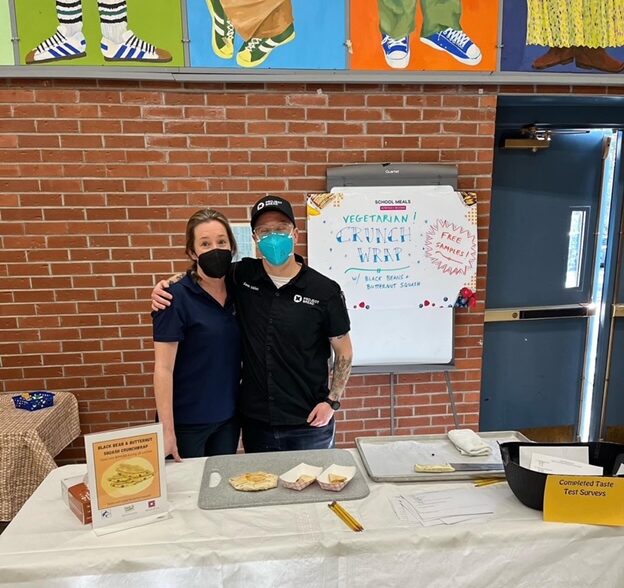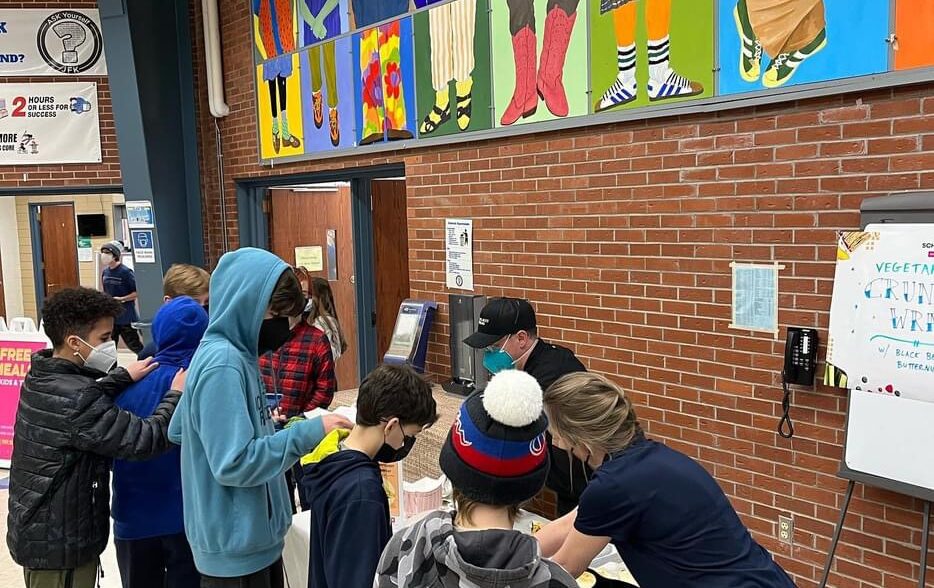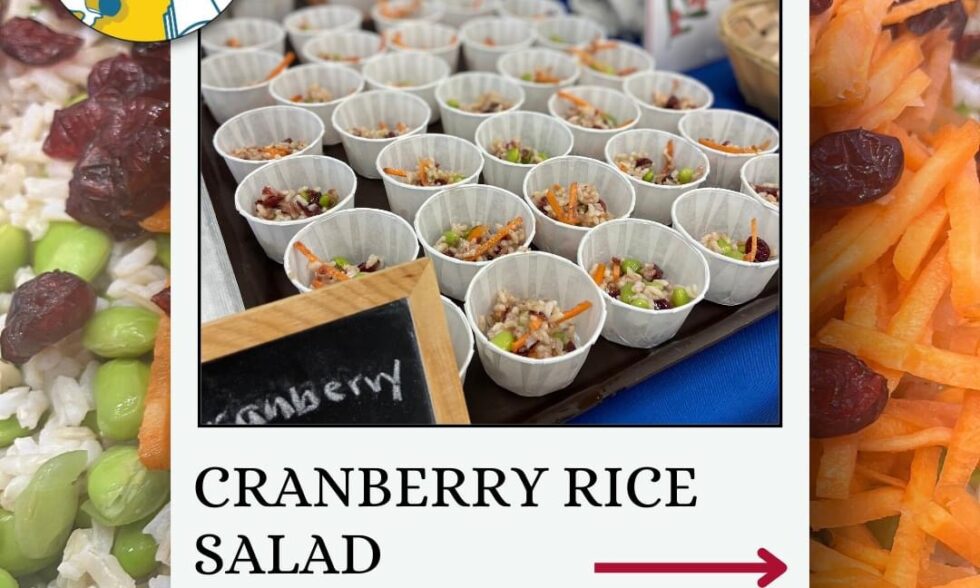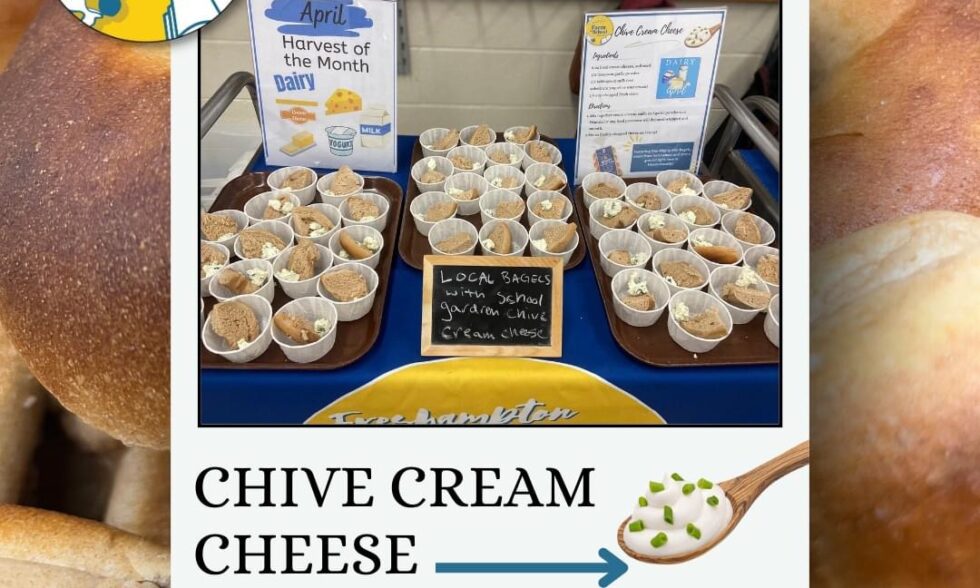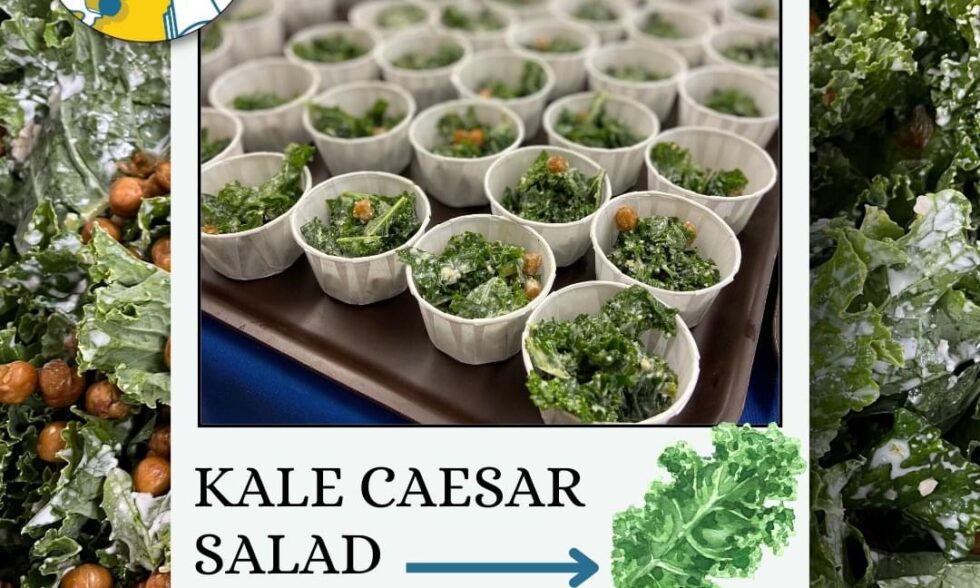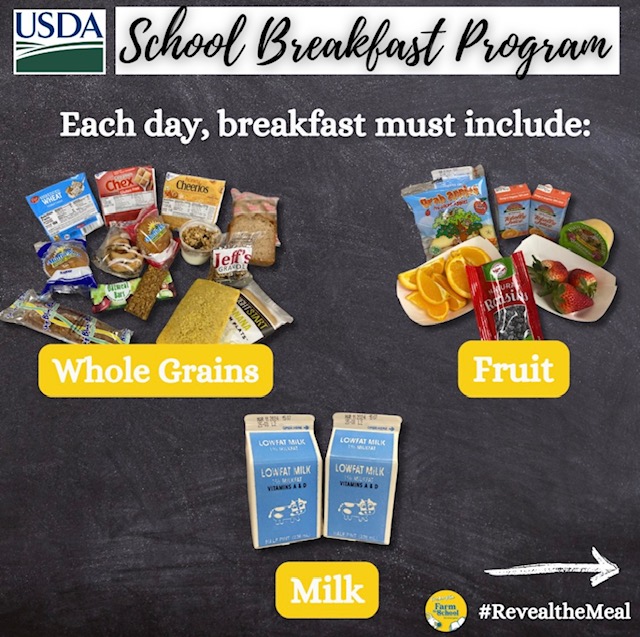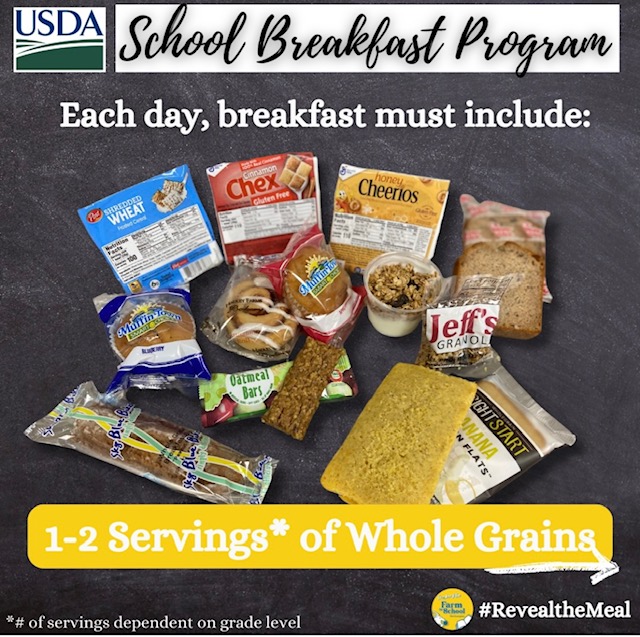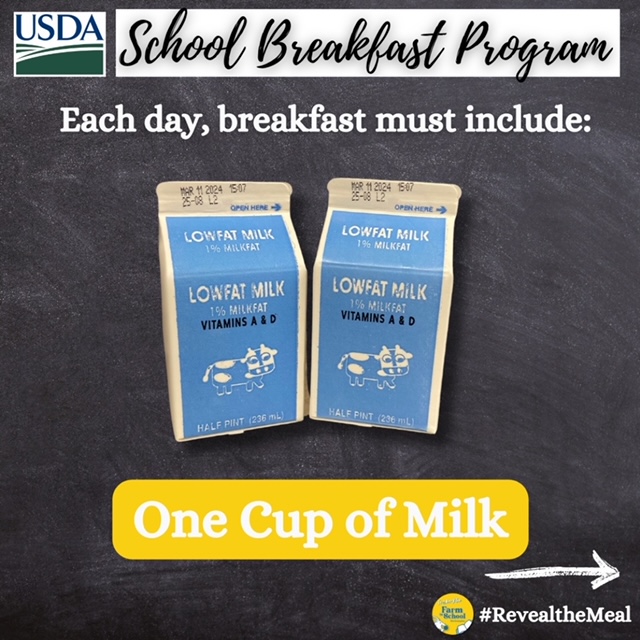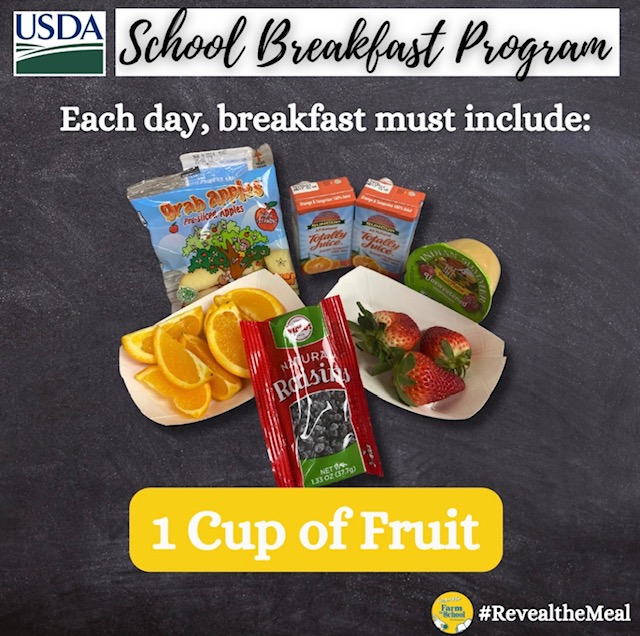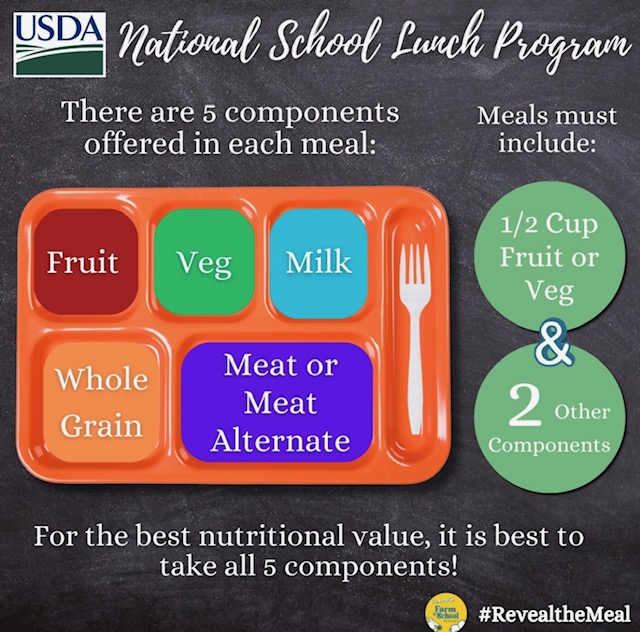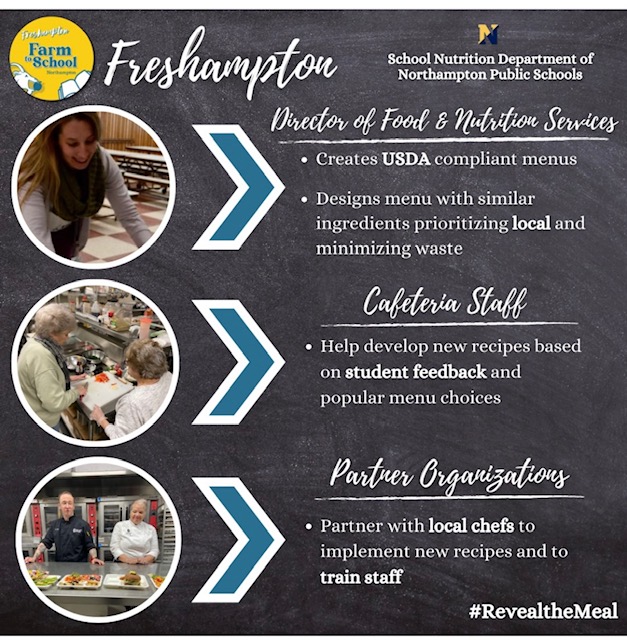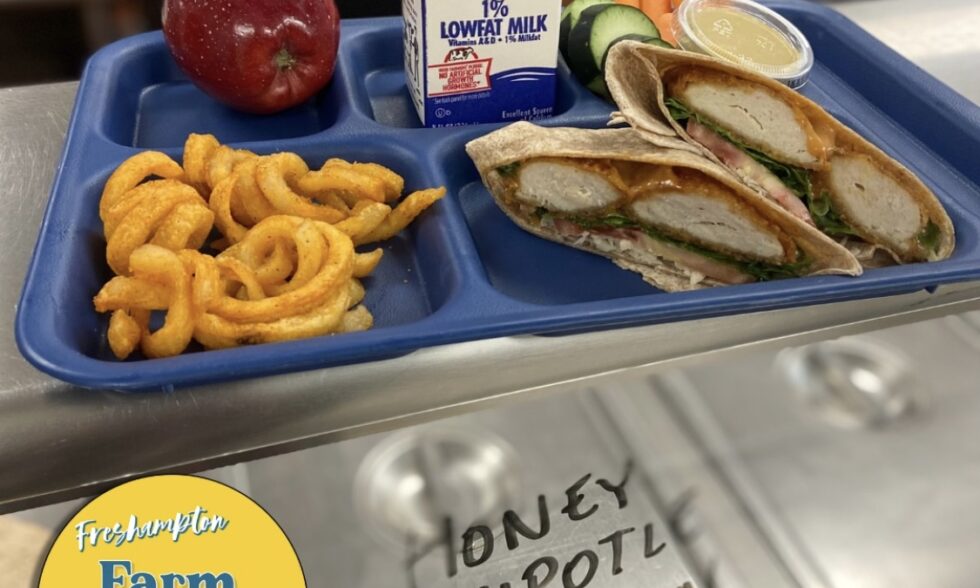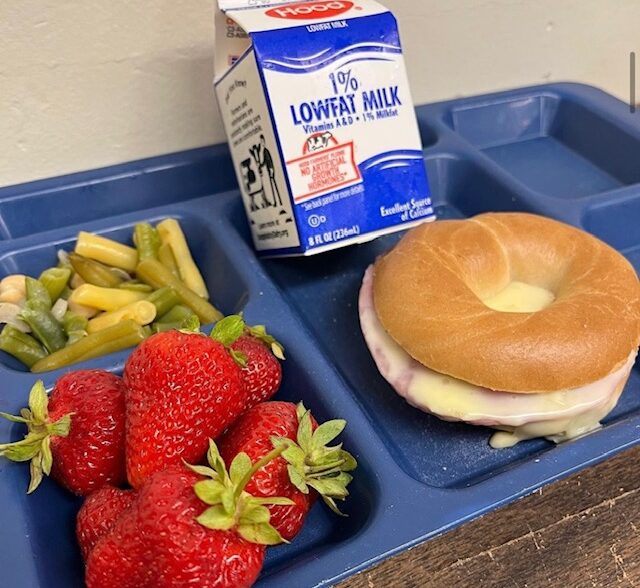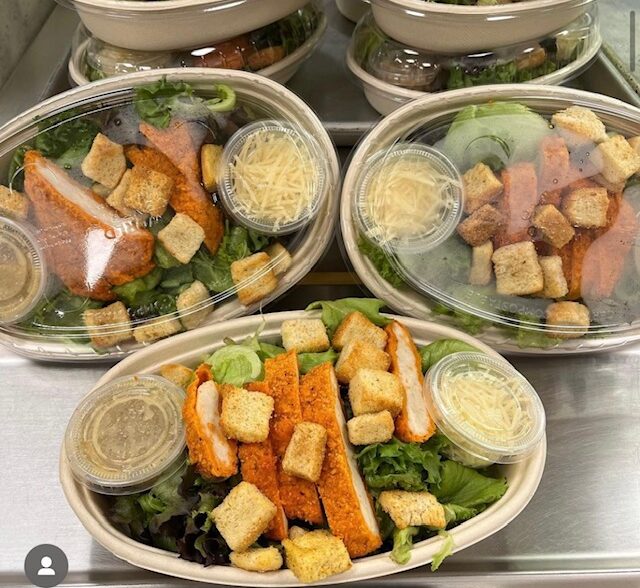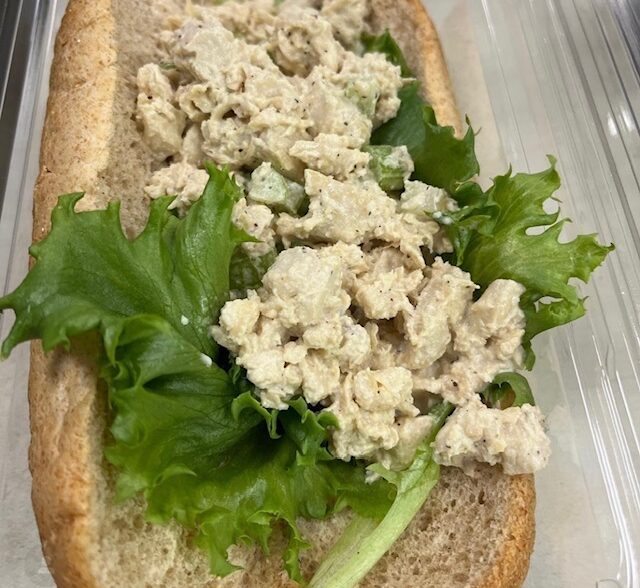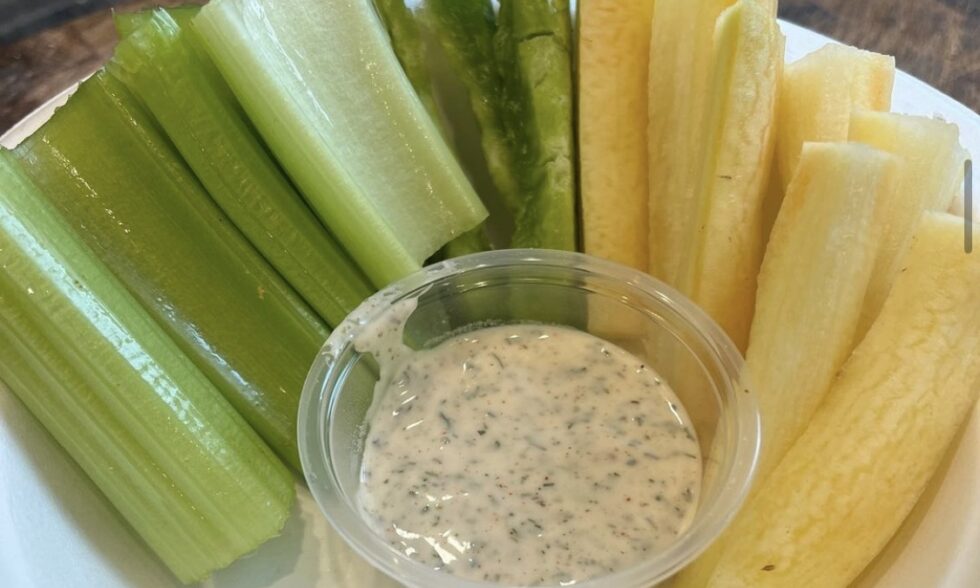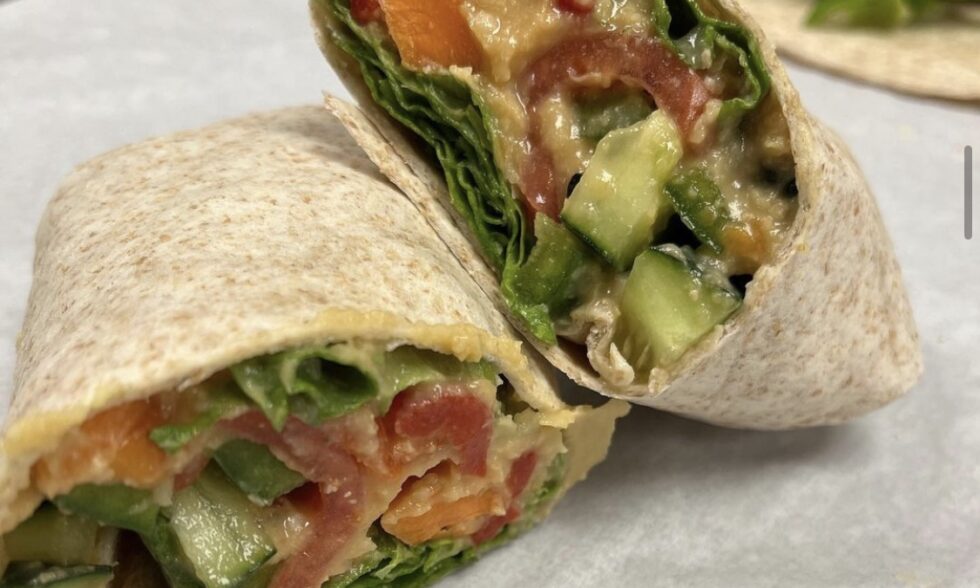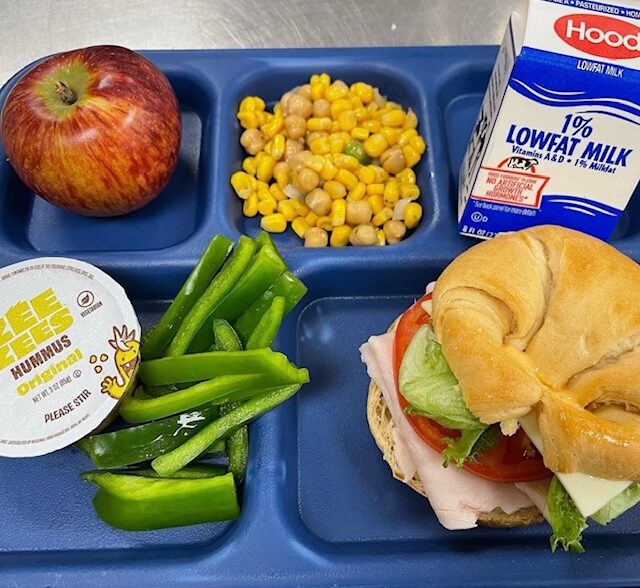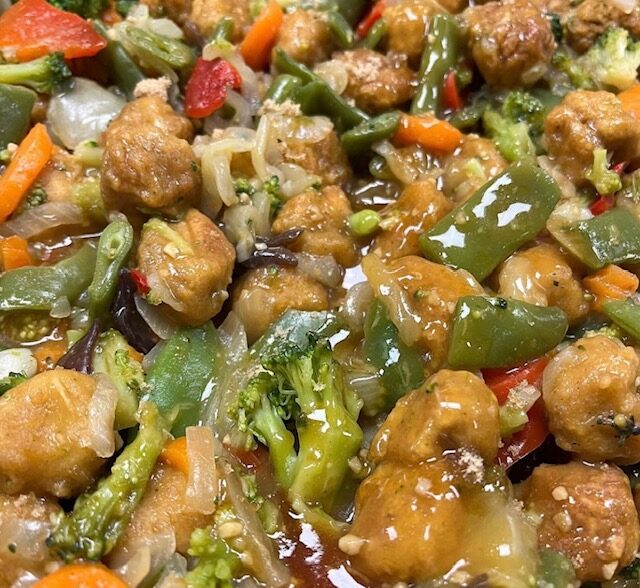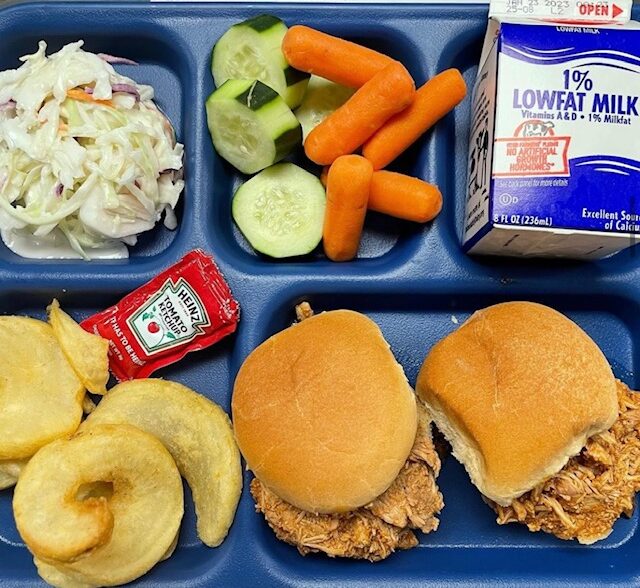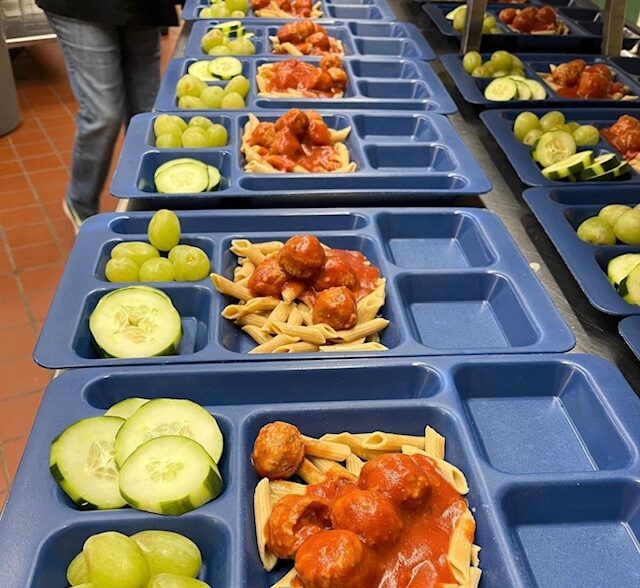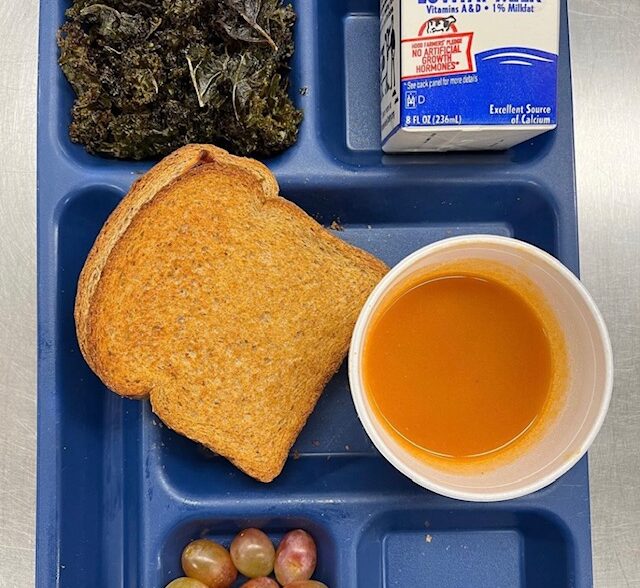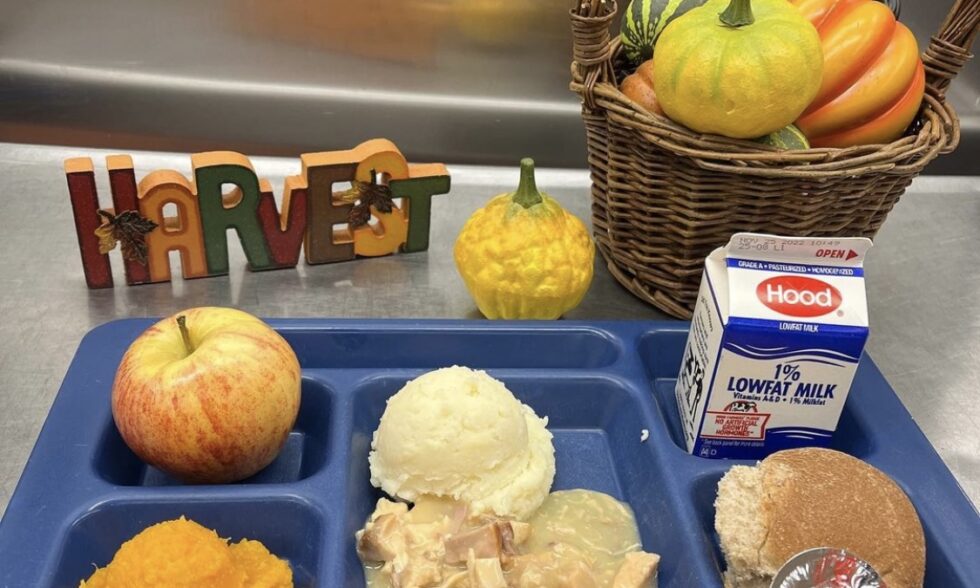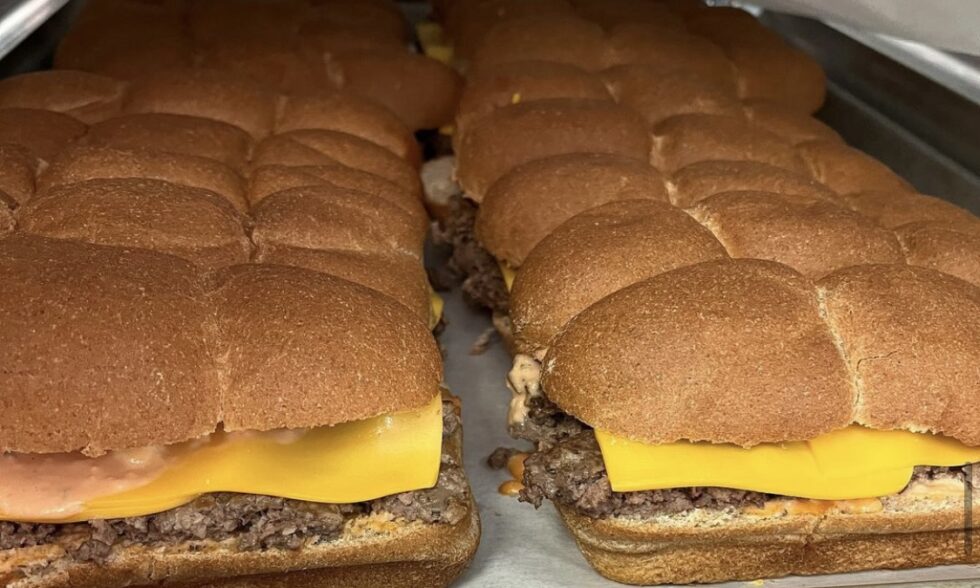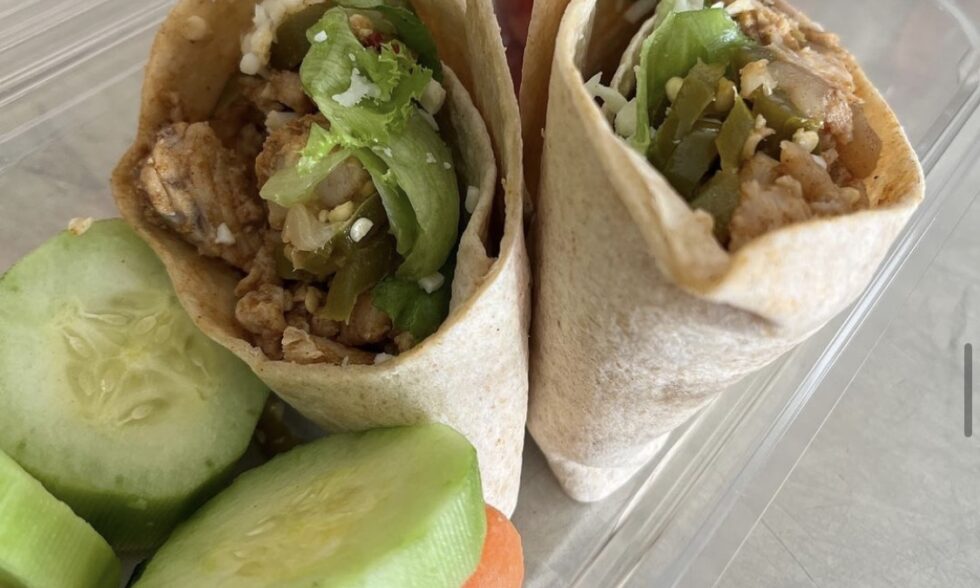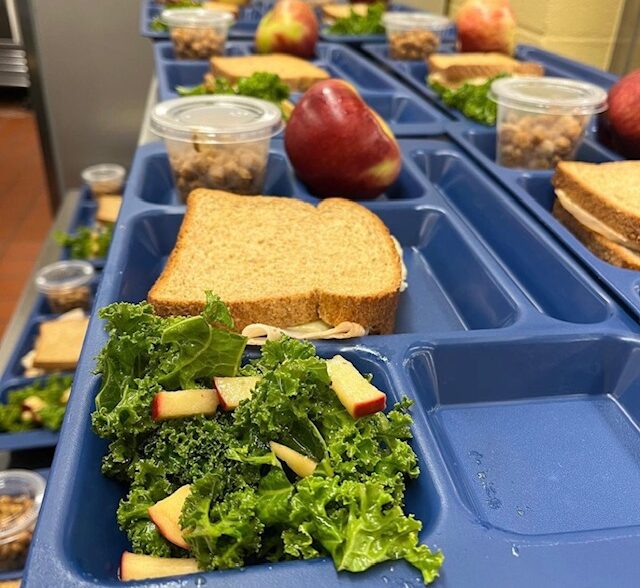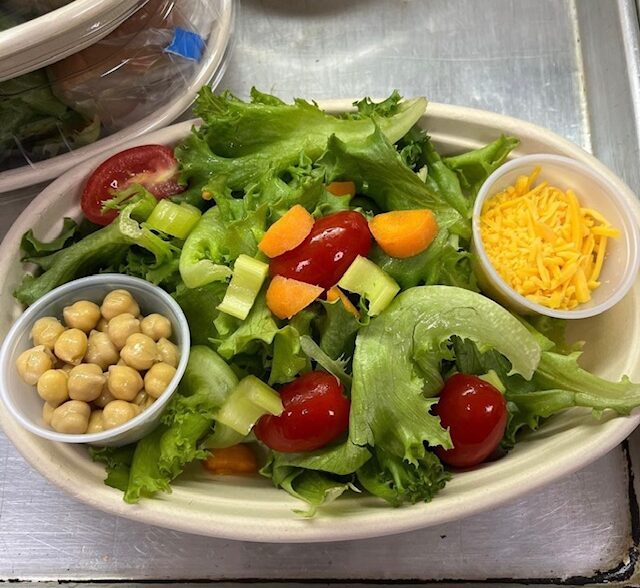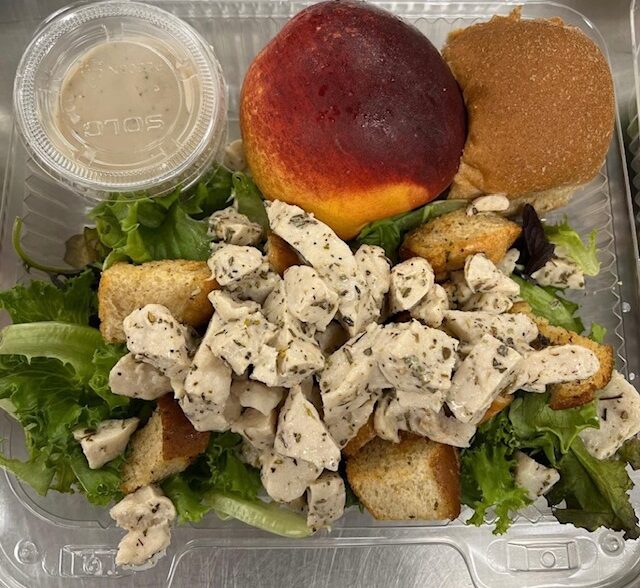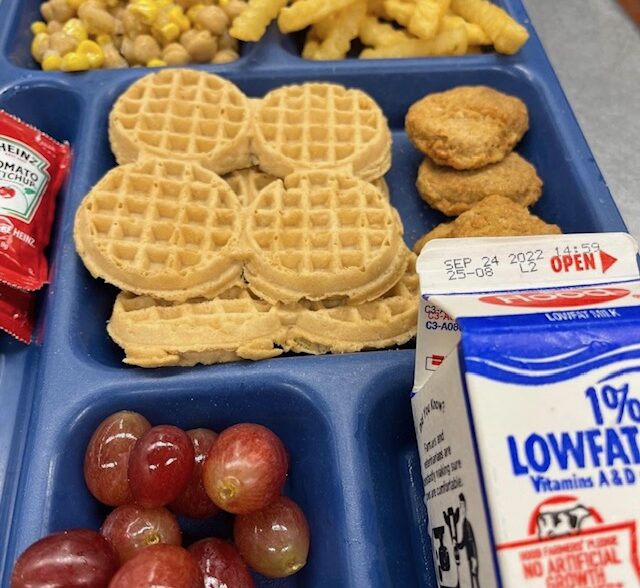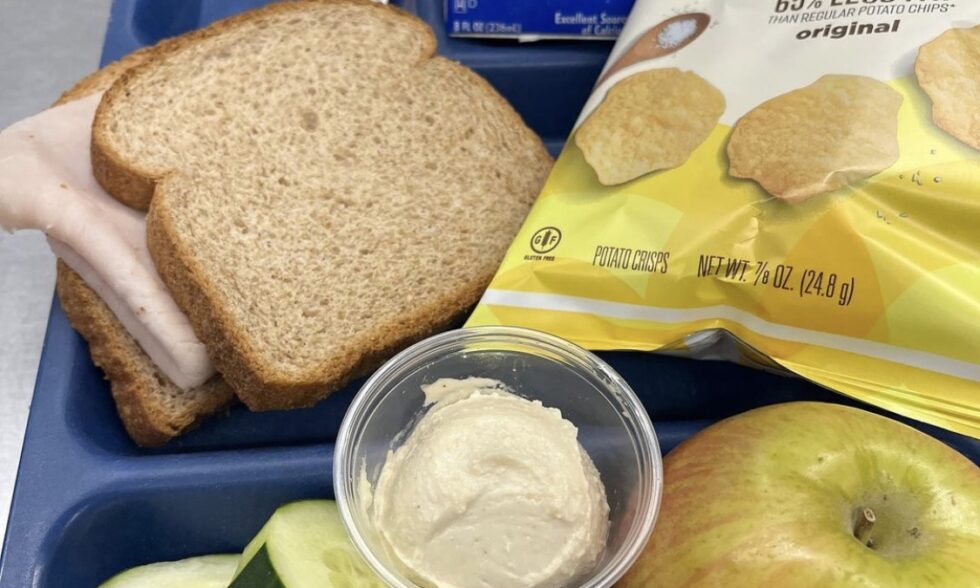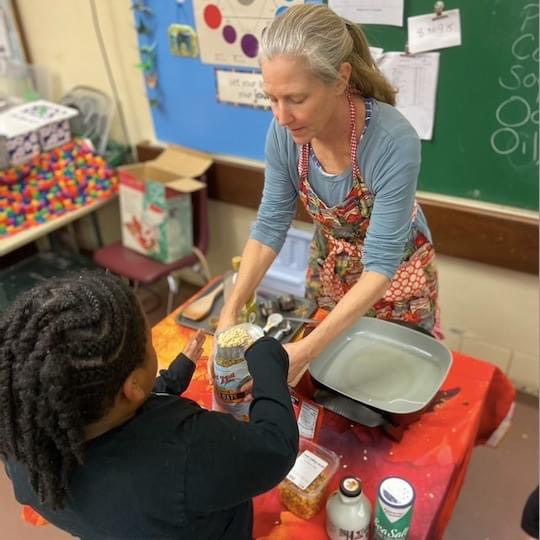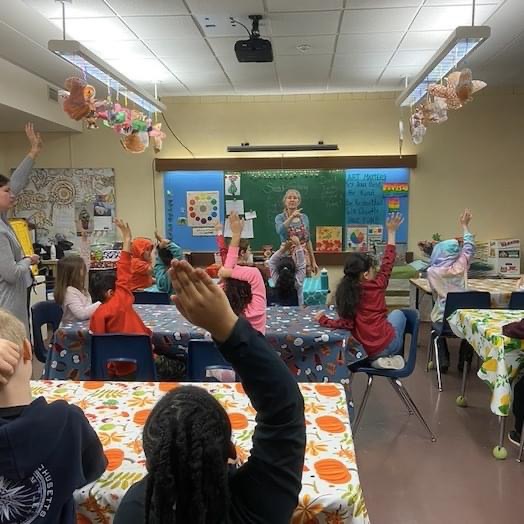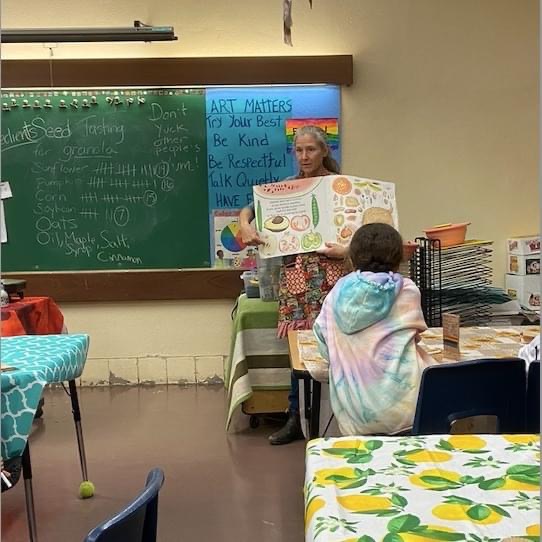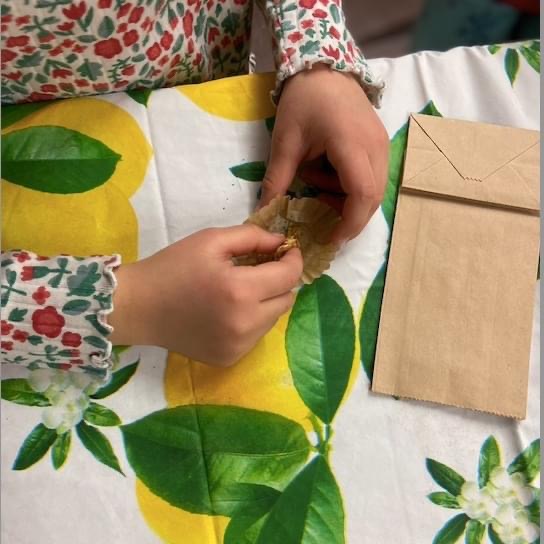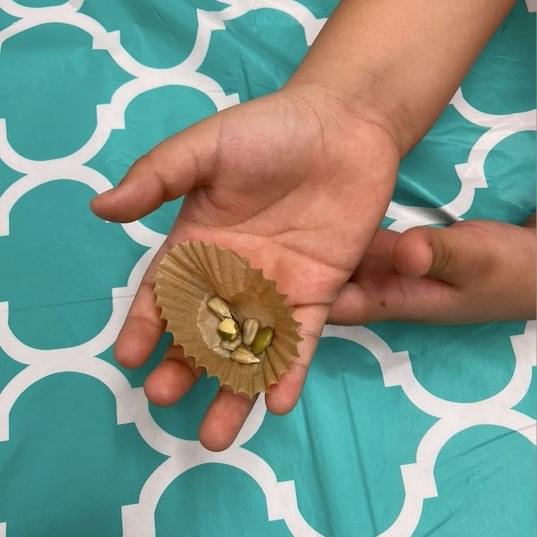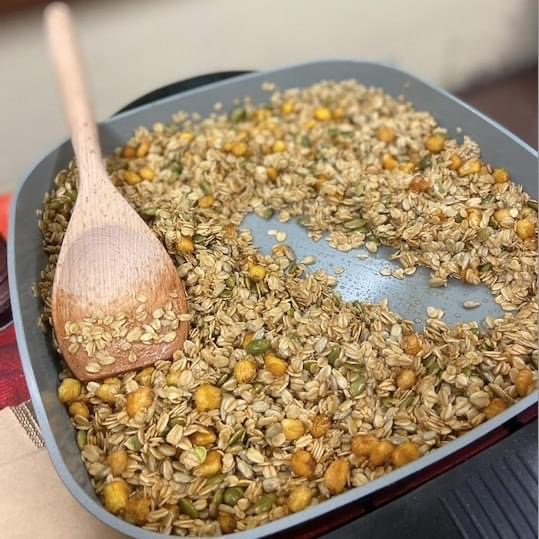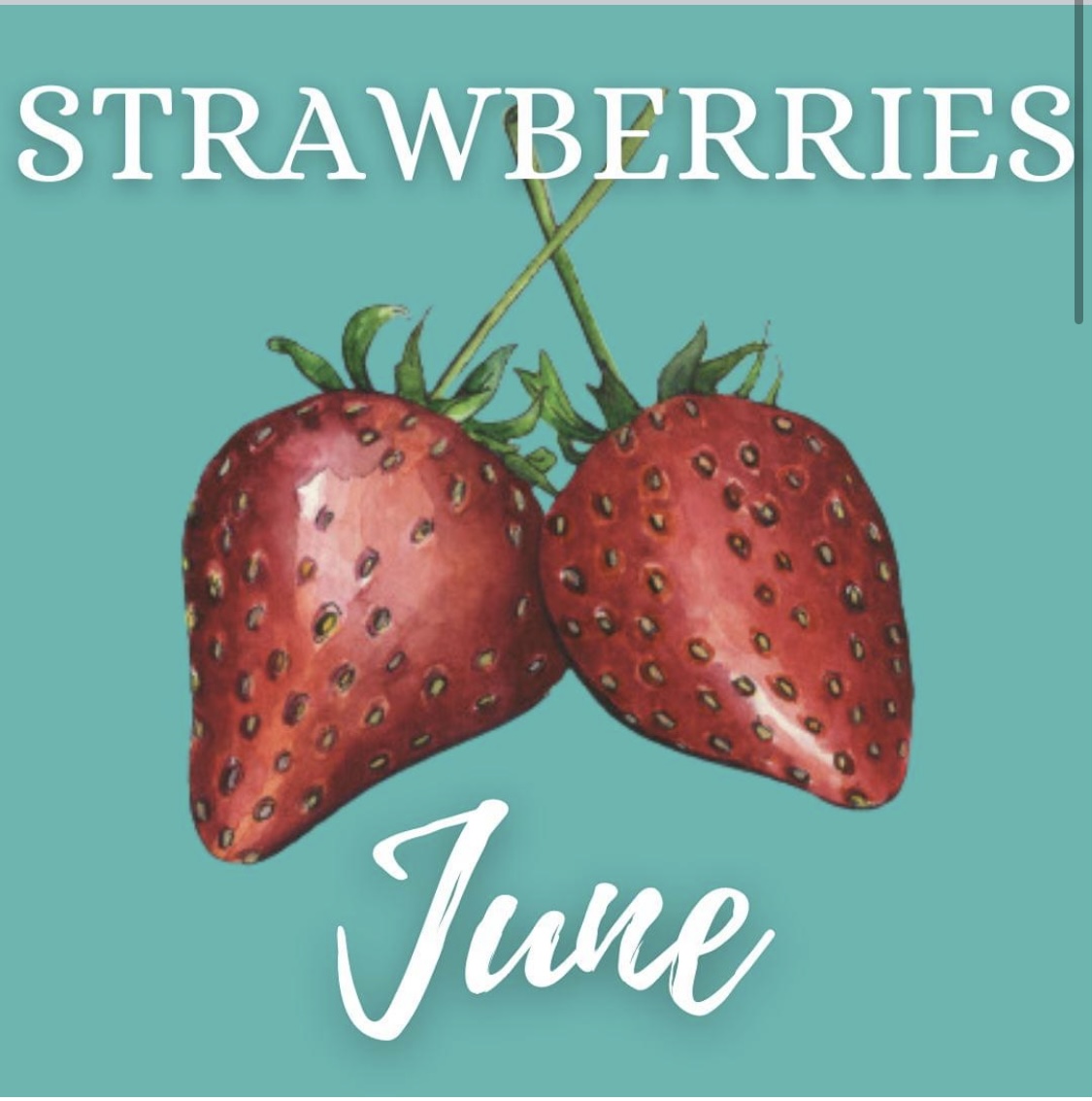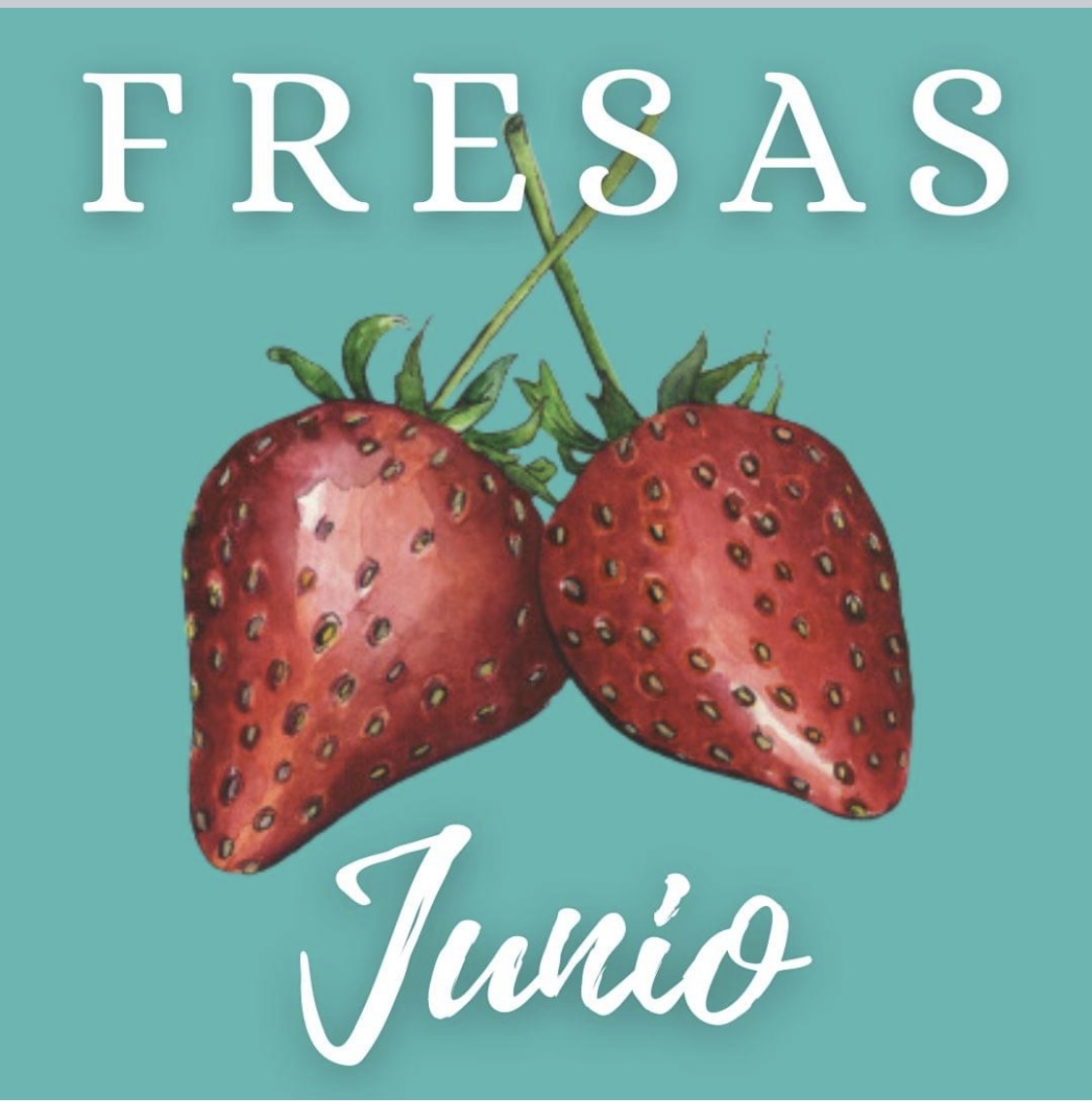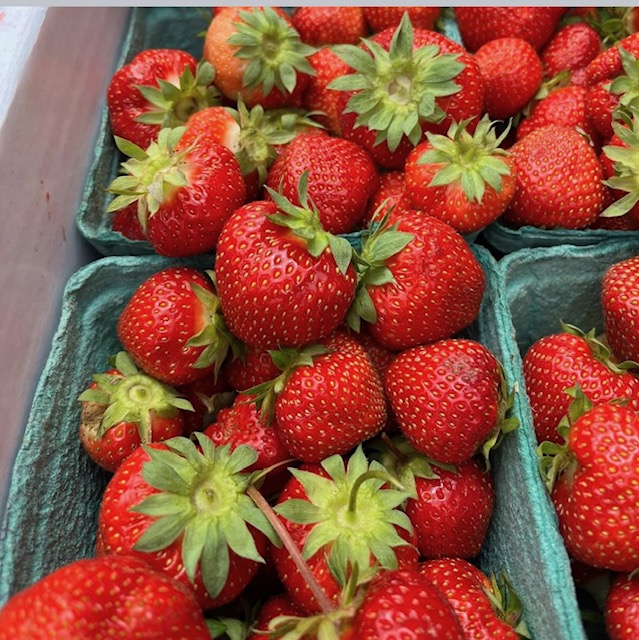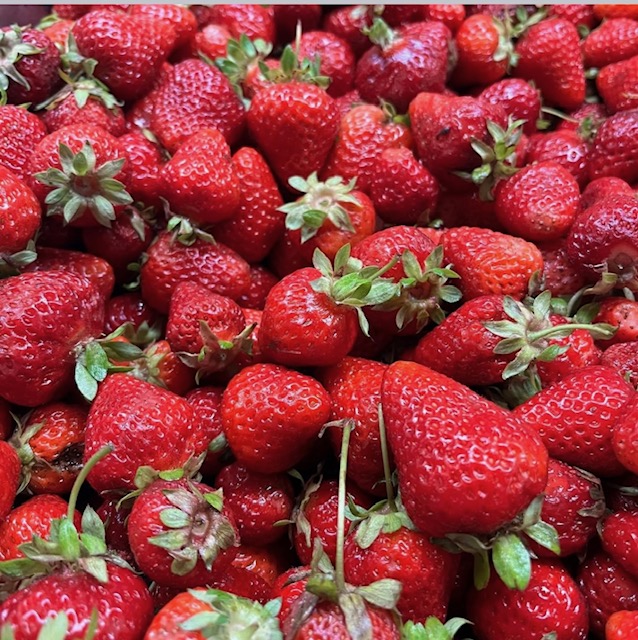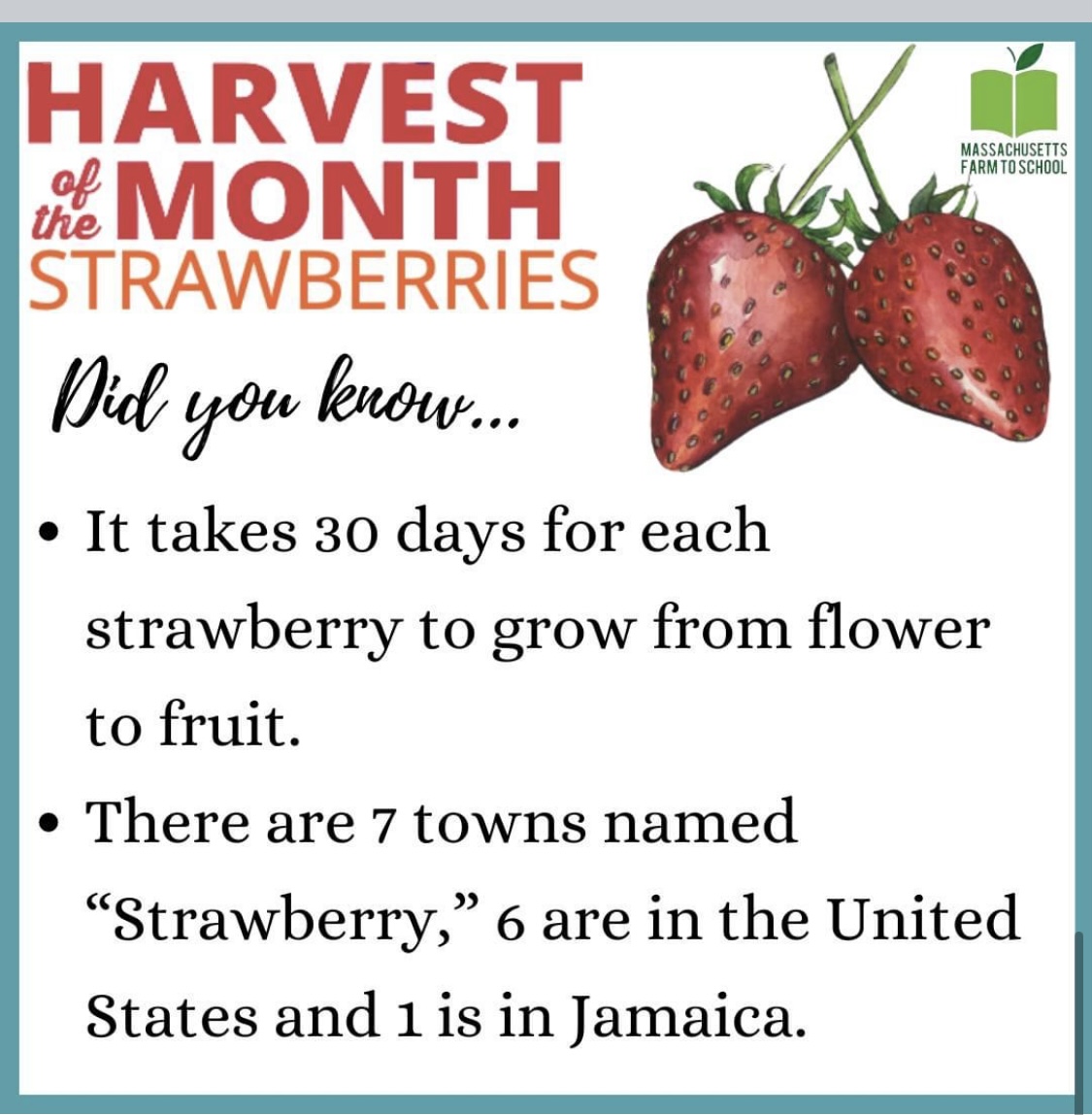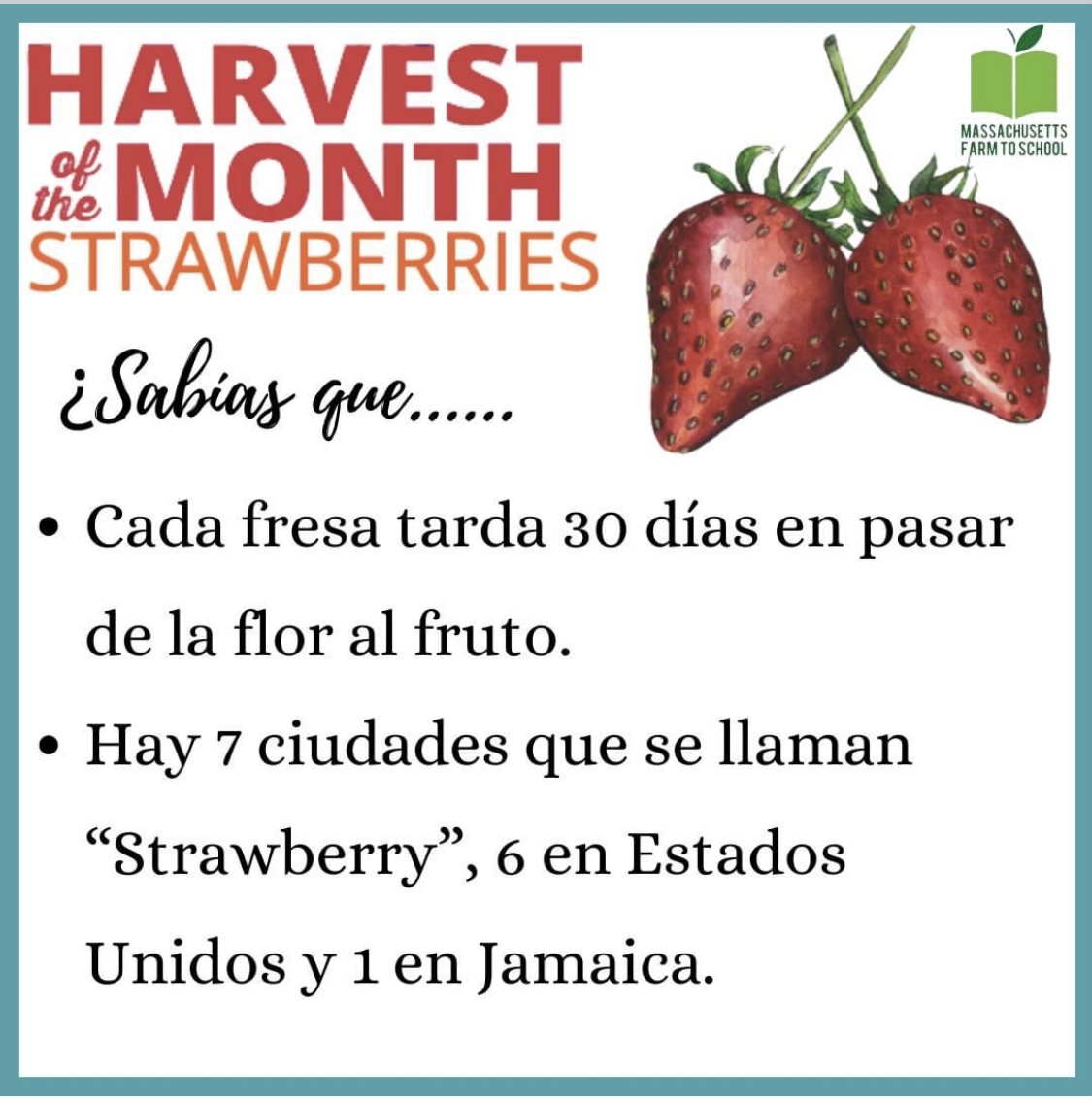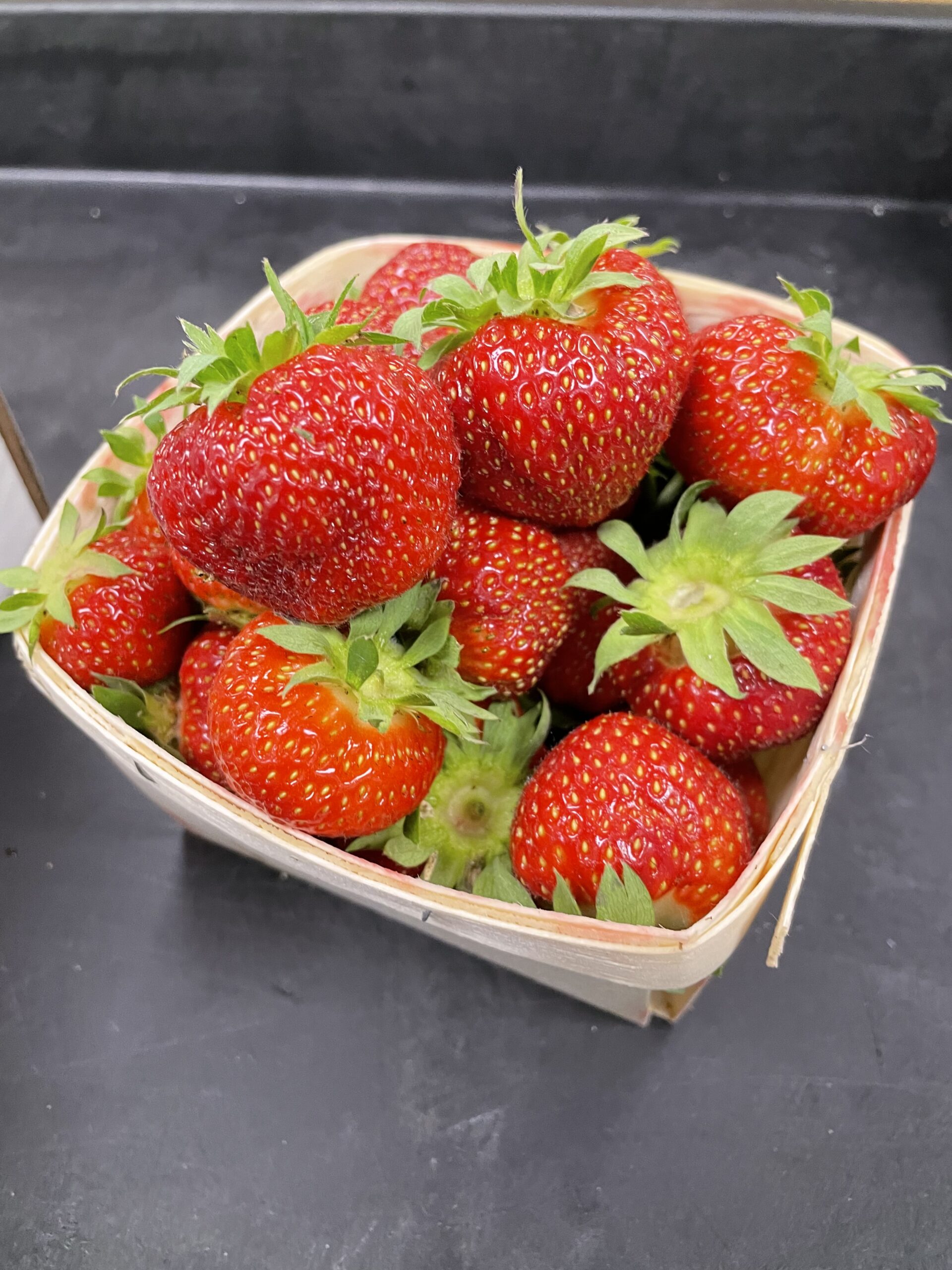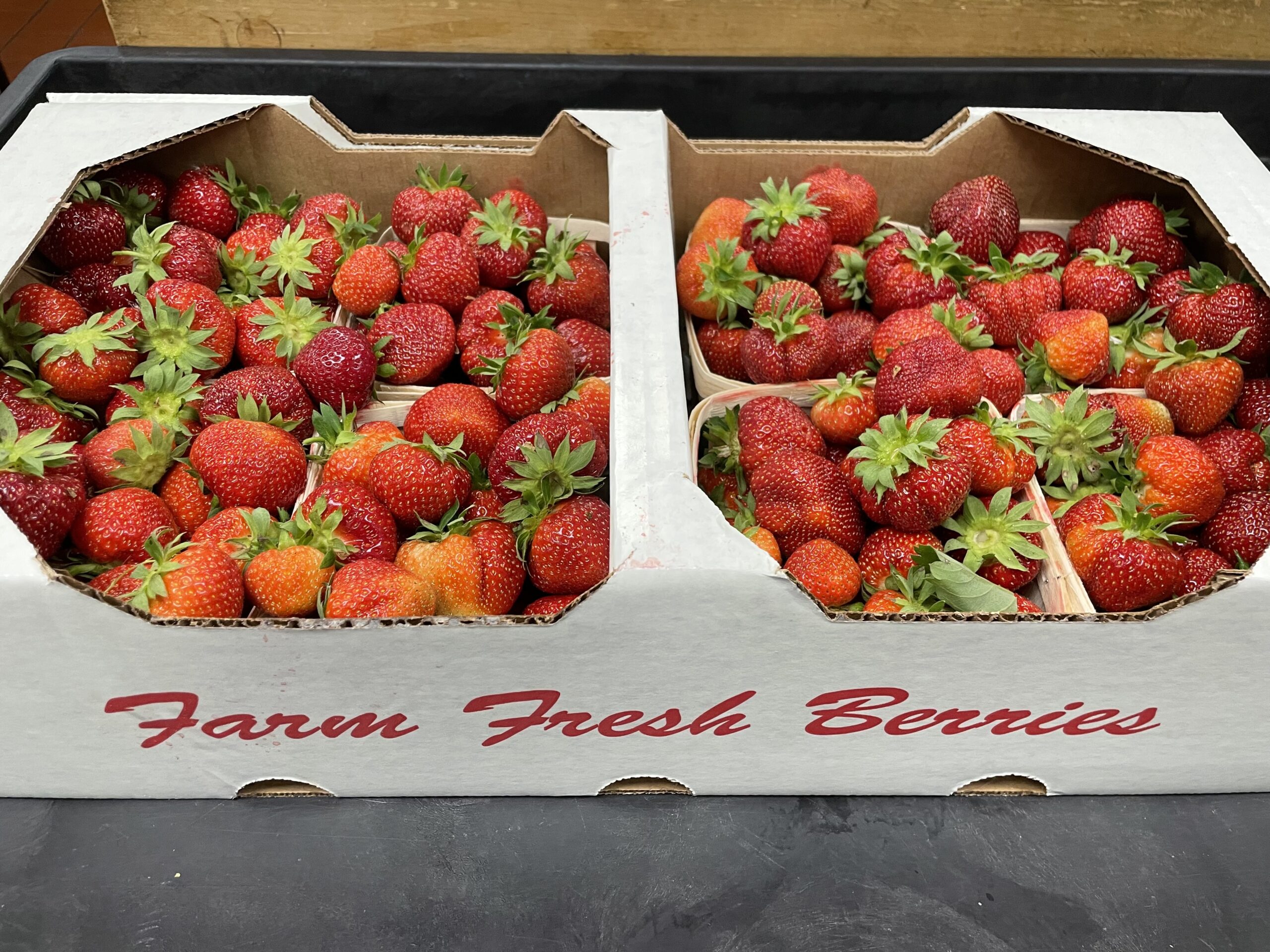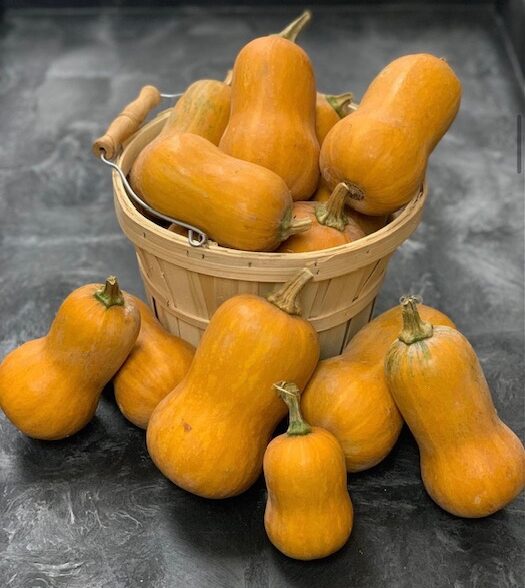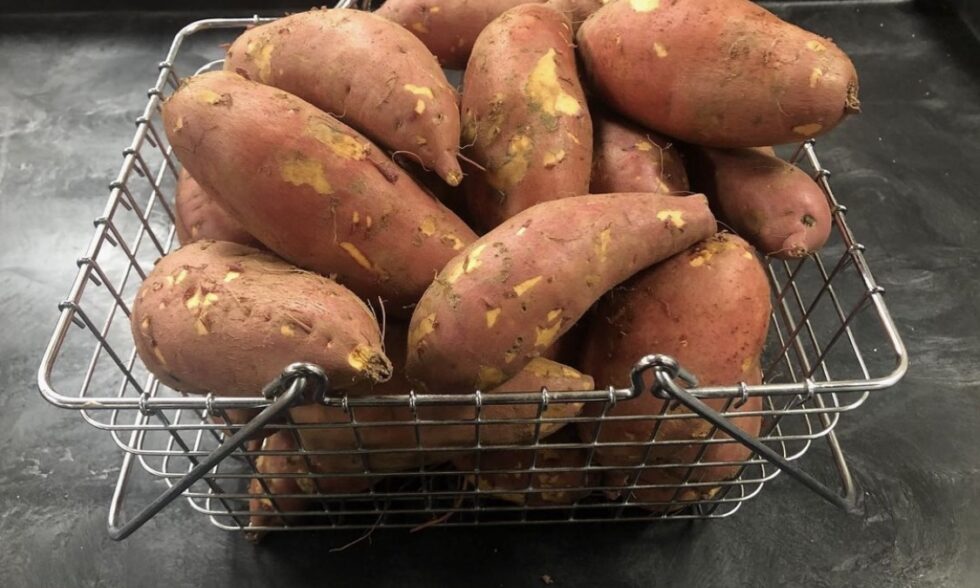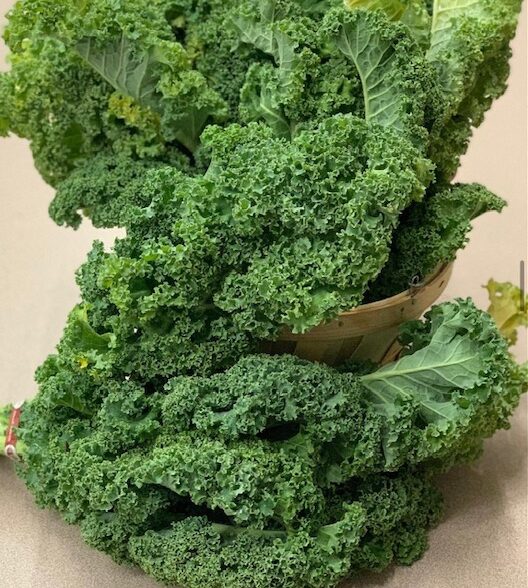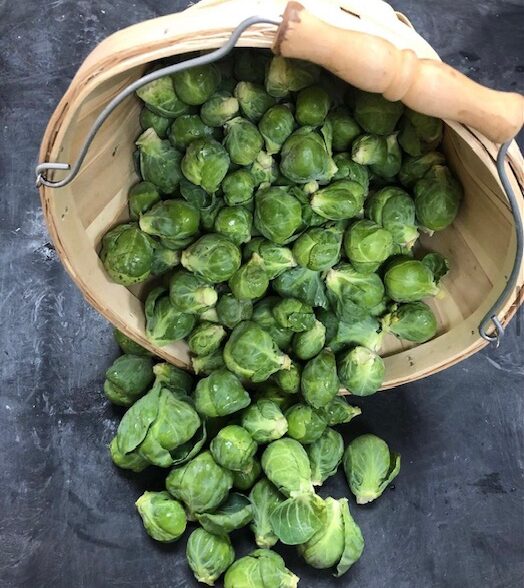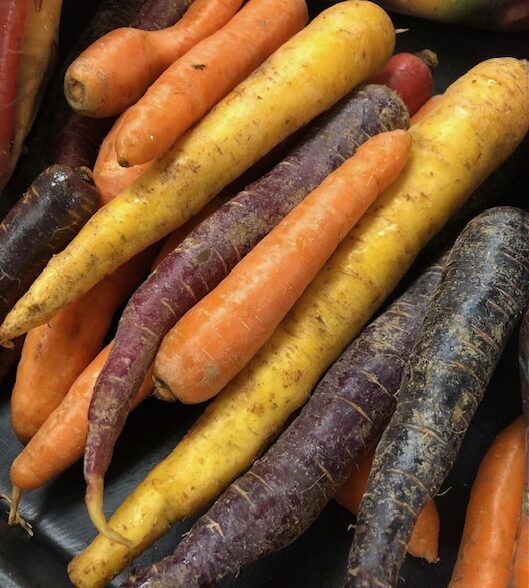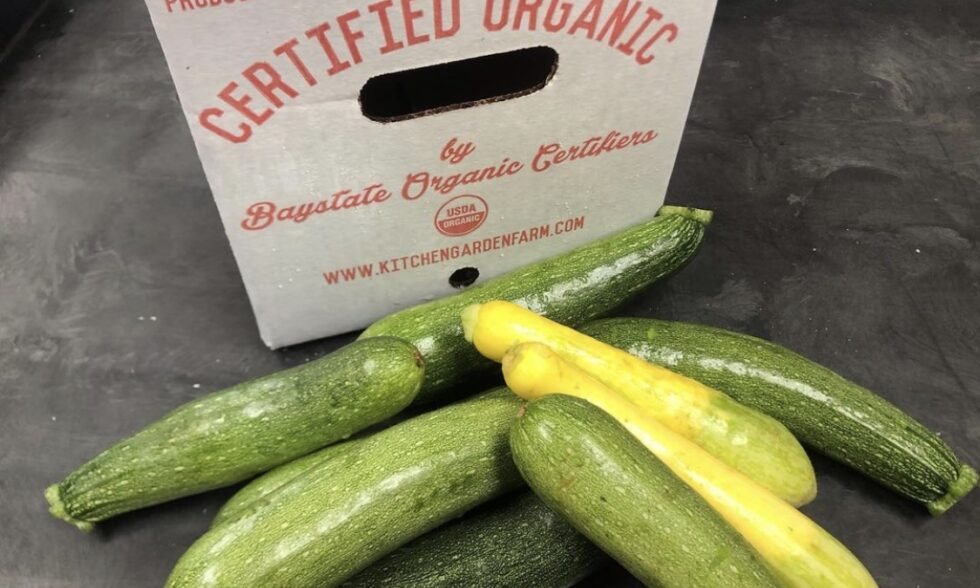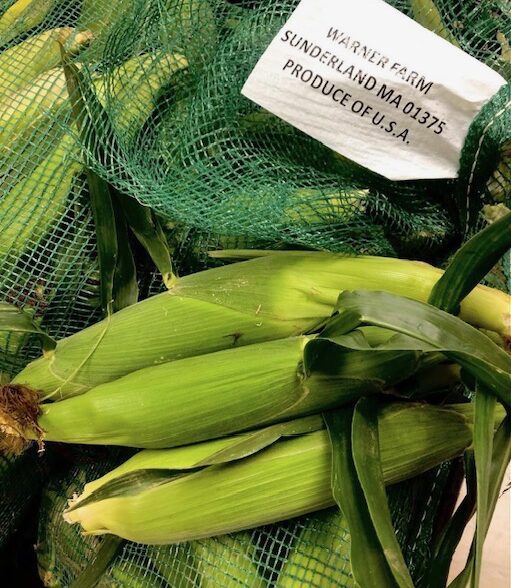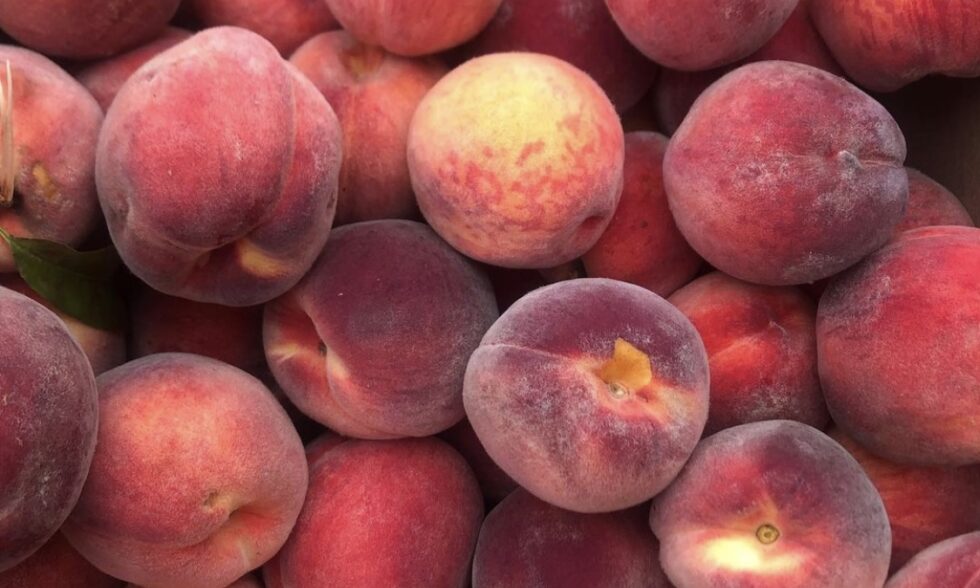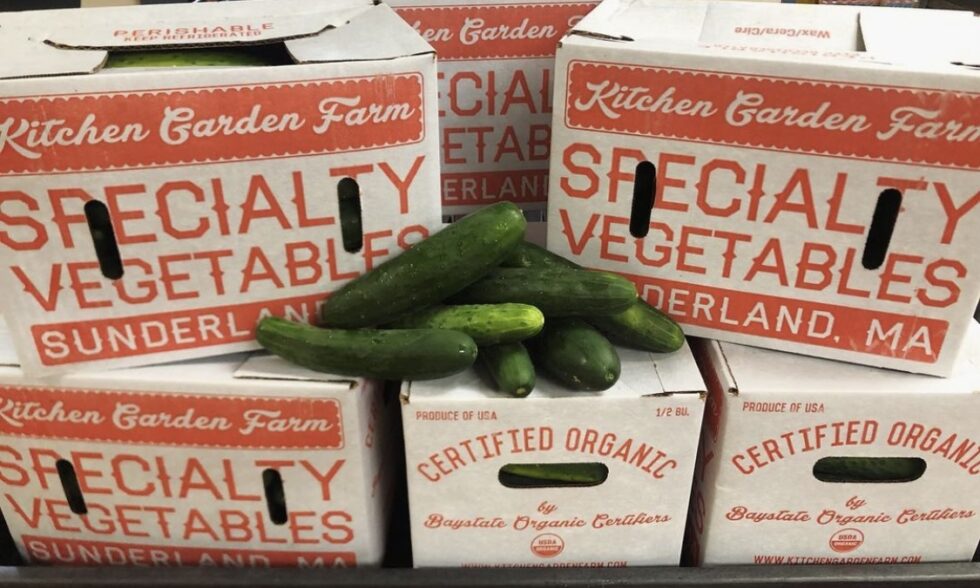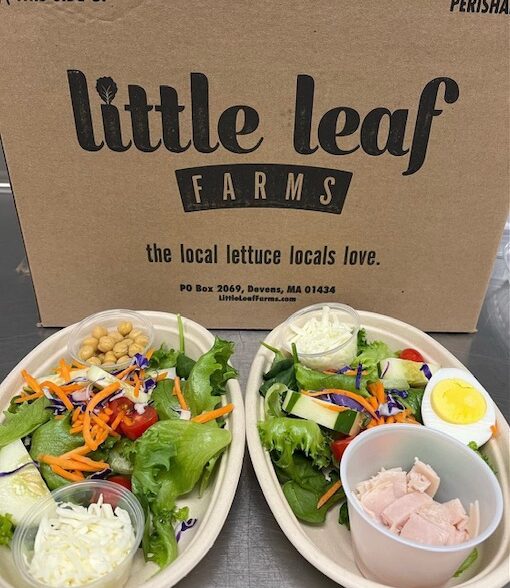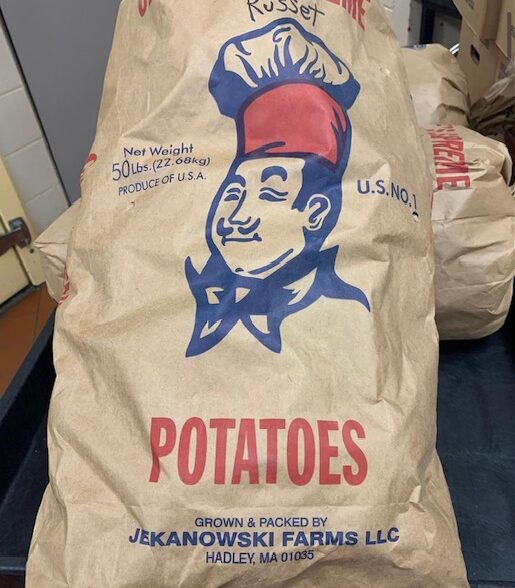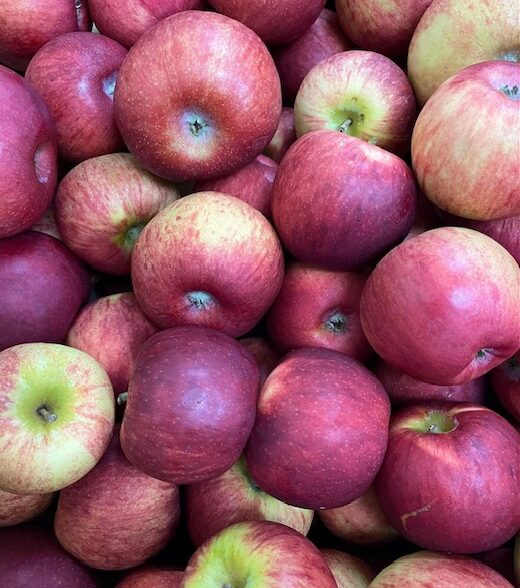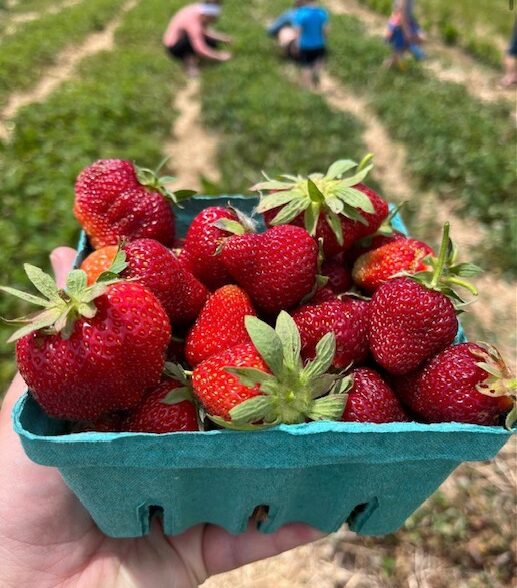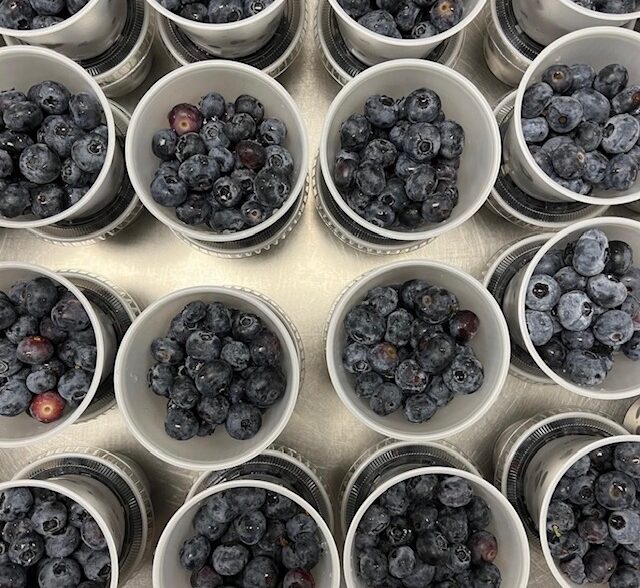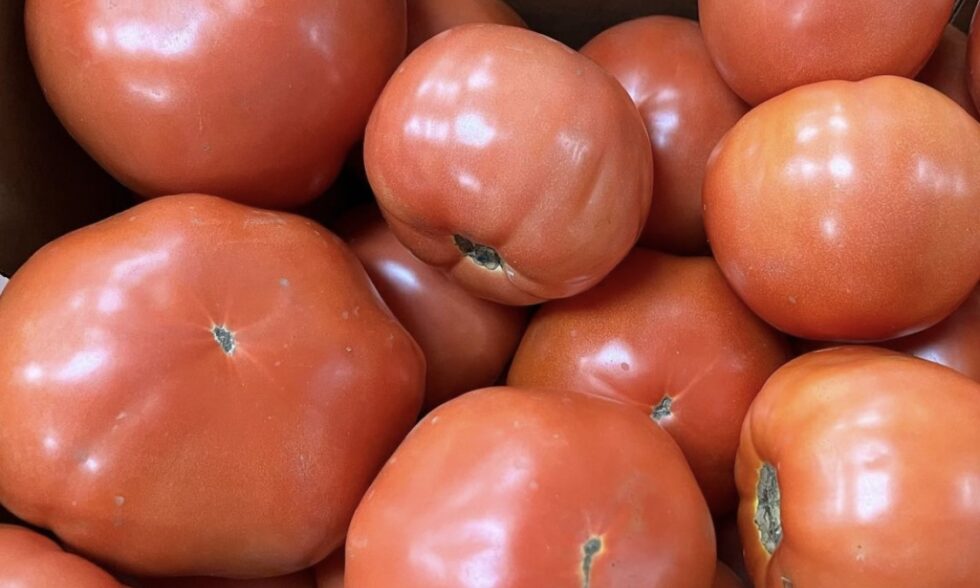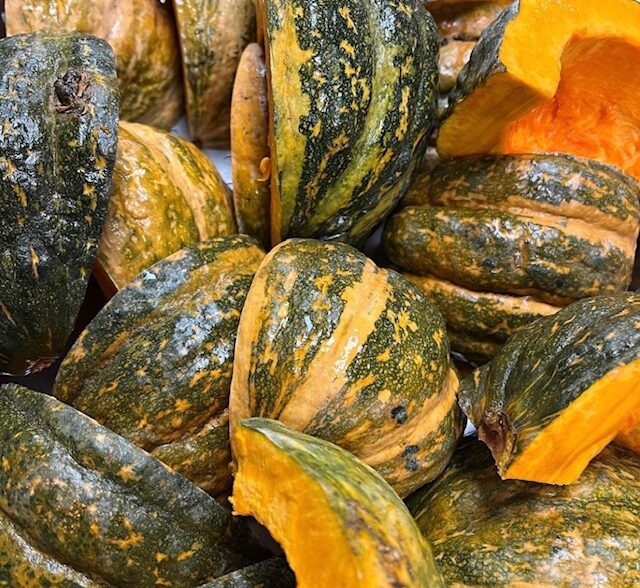Welcome to Freshampton
SUMMER EATS!
Please make a note: Meadowbrook Apartments has updated their serving time and location:
- Meals will be served at Meadowbrook Apartments from 11:30 am to 12:30 pm Poolside (not in the community room).
- Meals remain the same at Hampshire Heights: Unit 19C 12 noon to 12:30pm.
- Meals remain the same at Florence Heights: Unit 8D 1pm to 1:30pm.
- The Northampton Public School District is serving FREE lunch.
- Summer EATS is a federally-funded, state-administered program that allows all children and teens (18 and under) to enjoy free, healthy meals on site.
- Free meals are served to all children present at the time of service, no need to sign up or register.
- Free Lunch will be provided Monday – Thursday at the above locations beginning July 1, 2024 through August 8, 2024.
- Meals will not be served on Friday or July 4, 2024.
- Meals are served on a first come, first served basis.
- Meals MUST be consumed on side.
Free Meals for All Students
Every Student Attending Northampton Public Schools may have one Free Breakfast and one Free Lunch each day at school.
Taste Testing at Northampton Public Schools!

What Does a School Lunch in Northampton Look Like?

School Meal Modification Request
If a meal modification is requested for your child/student, please complete the following form and submit the form to your school nurse. Thank you!
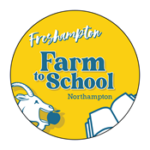
Farm to School in Northampton

June Harvest of the Month: Strawberries
Fun Strawberry Facts
1. The average strawberry has 200 seeds.
2. Strawberries are the first fruit to ripen in spring.
3. Strawberries are the only fruit with their seeds on the outside of their skin.
4. The ancient Romans used to think that strawberries had medicinal powers.
5. A strawberry plant is what is known as a perennial plant. This means that if you plant them this year then they will grow back next year, and the year after that (and maybe even the year after that). They may not always bear fruit but once they do, they will keep growing fruit for 5 years.
6. They contain lots of vitamin C which is good for your skin, bones and blood.
7. The first strawberries were grown in France but now America is the world’s largest grower of strawberries. Other countries, such as Turkey, Spain, Egypt, Mexico, Russia and South Korea are also global leaders in strawberry production.
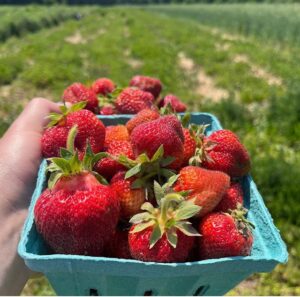
NPS Serving Fresh Strawberries from Warner Farm!

Pick your Own Strawberries in June!
Local Produce Served in The Northampton Public Schools!

SY2024-2025 No Paper Applications for Free and Reduced Meal Status
All Six Northampton Public Schools become CEP (Community Eligibility Provision) for School Year 2024-2025
Effective October 26, 2023 the USDA amended the rules for CEP. This final rule amends the Community Eligibility Provision (CEP) regulations by lowering the minimum identified student percentage (ISP) from 40 percent to 25 percent. Lowering the minimum ISP will give states and schools greater flexibility to offer meals to all enrolled students at no cost when financially viable. As a result of this rule, more schools are eligible to participate in CEP and experience the associated benefits, such as increasing students’ access to healthy, no-cost school meals; eliminating unpaid meal charges; reducing stigma; and streamlining program administration and meal service operations.
Community Eligibility Provision is an innovative provision that allows schools to serve free meals to all students while alleviating the administrative burden to collect paper applications. Community eligibility allows for a healthier student body and healthier school meal budget.
What does this mean for Northampton?
No more paper applications for Free and Reduced Meal Status beginning School Year 2024-2025.
More information available from the USDA at https://www.fns.usda.gov/cn/fr-092623
More information available from DESE at https://www.doe.mass.edu/cnp/nprograms/nslp/cep-eligibility.html#:~:text=Community%20Eligibility%20Provision%20is%20a,and%20healthier%20school%20meal%20budget.
Adult Meal Pricing
Adult Meal Prices School Year 2024-2025
Adult Breakfast:
$3.25 (plus 7% MA Meals Tax) = $3.48
Adult Lunch:
$5.25 (plus 7% MA Meals Tax) = $5.62
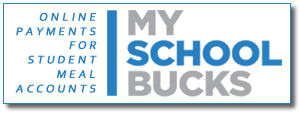
Create your MySchoolBucks account to conveniently view your student’s cafeteria purchases, check their balance, and securely pay for a la carte items.
Important Update from MySchoolBucks “Fee Changes”
Thank you for trusting MySchoolBucks as your online payment portal for cafeteria payments. We are proud to partner with your program and thousands like yours, in delivering convenient and secure payment, communication, and account management services to busy families across the US.
Due to rising payment processing interchange fees and continued increases in operational costs, we’re updating the MySchoolBucks program fee that parents and guardians pay at checkout to $3.25 for all cafeteria credit/debit card prepayments beginning on March 7th. If your district accepts e-checks, the program fee for electronic check payments will increase to $2.75 per meal payment on the same date. This adjustment to our program fee for school meals is necessary to continue providing you and your families with the best and most secure online payment experience, while continuing to maintain the highest levels of data privacy.
The program fee is designed to cover the costs of providing the optional MSB services and includes a variety of items, including payment processing costs, live parent and school support, compliance and information security requirements, as well as the software used to manage meal payments.
We recognize that fee updates during the school year can be disruptive, but we can no longer absorb these cost increases without negatively affecting the service we provide. Our intent for increasing our program fee is to be less impactful to your families than a one-time fee.
We recognize that fee updates during the school year can be disruptive, but we can no longer absorb these cost increases without negatively affecting the service we provide. Our intent for increasing our program fee is to be less impactful to your families than a one-time fee.

Offer vs. Serve Policy for Lunch
A school lunch that is eligible for federal reimbursement must offer 5 food components for each meal served (milk, fruit, vegetables, grains and meat/meat alternatives. Students may decline 2 of the required 5 items offered but must select either a ½ cup fruit or vegetable or a ½ cup combination of fruit/vegetable with their meal. In addition to the fruit or vegetable, the student must select at least 2 additional food components in full amounts offered in order for the meal to count toward the reimbursable offer vs serve meal. The price of the meal will not be determined by the number of components the student chooses. The lunch is priced as a unit whether the student declines 2 items or chooses all 5 items. Field trip bag lunches or special occasion meals in the classroom contain all 5 food components and are exempt from this policy.
Offer vs. Serve for Breakfast
A school breakfast that is eligible for reimbursement shall offer 3 food components (milk, fruit and grains) that consists of a minimum of 4 items. Students may decline 1 food item, but must select at least ½ cup of fruit or fruit combination. After choosing the ½ cup of fruit, students must select the other food components in the full amounts to count toward the reimbursable offer vs. serve meal. The price of the meal will not be determined by the number of components the student chooses. The breakfast is priced as a unit whether the student accepts all 4 items or declines.
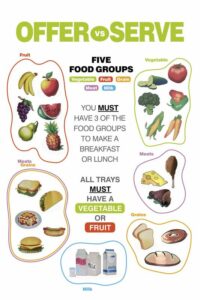
Non Discrimination Statement
In accordance with federal civil rights law and U.S. Department of Agriculture (USDA) civil
rights regulations and policies, this institution is prohibited from discriminating on the basis of
race, color, national origin, sex (including gender identity and sexual orientation), disability, age,
or reprisal or retaliation for prior civil rights activity.
Program information may be made available in languages other than English. Persons with
disabilities who require alternative means of communication to obtain program information (e.g.,
Braille, large print, audiotape, American Sign Language), should contact the responsible state or
local agency that administers the program or USDA’s TARGET Center at (202) 720-2600 (voice
and TTY) or contact USDA through the Federal Relay Service at (800) 877-8339.
To file a program discrimination complaint, a Complainant should complete a Form AD-3027,
USDA Program Discrimination Complaint Form which can be obtained online
at: https://www.usda.gov/sites/default/files/documents/USDA-OASCR%20P-Complaint-Form-
0508-0002-508-11-28-17Fax2Mail.pdf, from any USDA office, by calling (866) 632-9992, or by
writing a letter addressed to USDA. The letter must contain the complainant’s name, address,
telephone number, and a written description of the alleged discriminatory action in sufficient
detail to inform the Assistant Secretary for Civil Rights (ASCR) about the nature and date of an
alleged civil rights violation. The completed AD-3027 form or letter must be submitted to USDA
- mail:
U.S. Department of Agriculture
Office of the Assistant Secretary for Civil Rights
1400 Independence Avenue, SW
Washington, D.C. 20250-9410; or - fax:
(833) 256-1665 or (202) 690-7442; or
3. email: program.intake@usda.gov
This institution is an equal opportunity provider.

